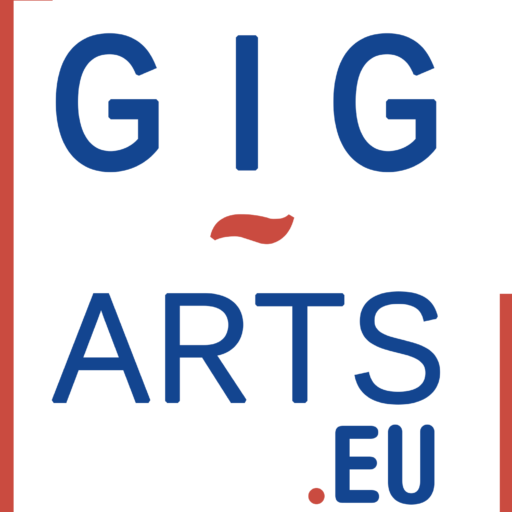GIG-ARTS 2022 Speakers include:
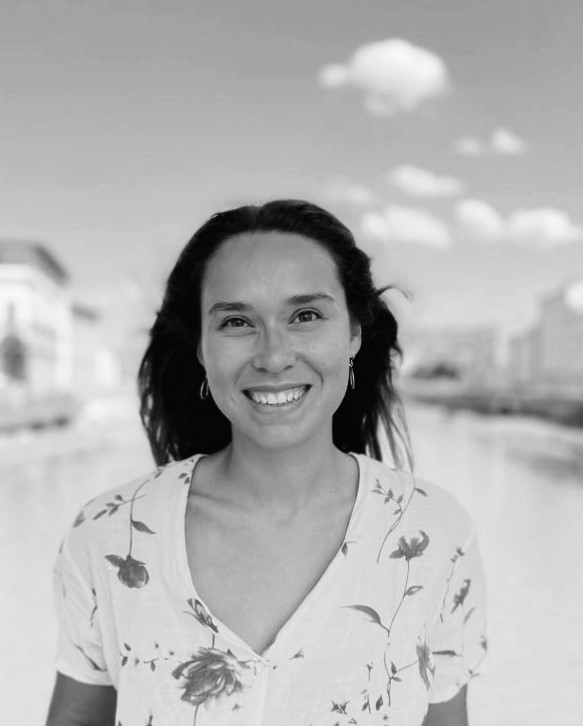 Naomi Appelman (Presentations Session 2 Speaker) Naomi Appelman (Presentations Session 2 Speaker)Naomi Appelman is a PhD researcher at the Institute for Information Law (IViR) of the University of Amsterdam and a visiting researcher at the HIIG focussing on online speech regulation and platform governance. She has studied both law (majoring in information and media law) and political philosophy (majoring in democratic theory and STS) at the University of Amsterdam as well as briefly at Keio University, Tokyo. Her interdisciplinary PhD research is on the contestability of algorithmic online speech governance. She combines information law with political philosophy (agonistic democratic theory) to asks how European law should facilitate the contestability of the automated content moderation systems governing online speech. The aim of facilitating this contestation is to minimise undue exclusion, often of already marginalised groups, from online spaces and democratise the power over how online speech is governed. Further, Naomi has previously done volunteer work at a digital rights NGO and is one of the founders of the NGO Racism and Technology Center. Read more |
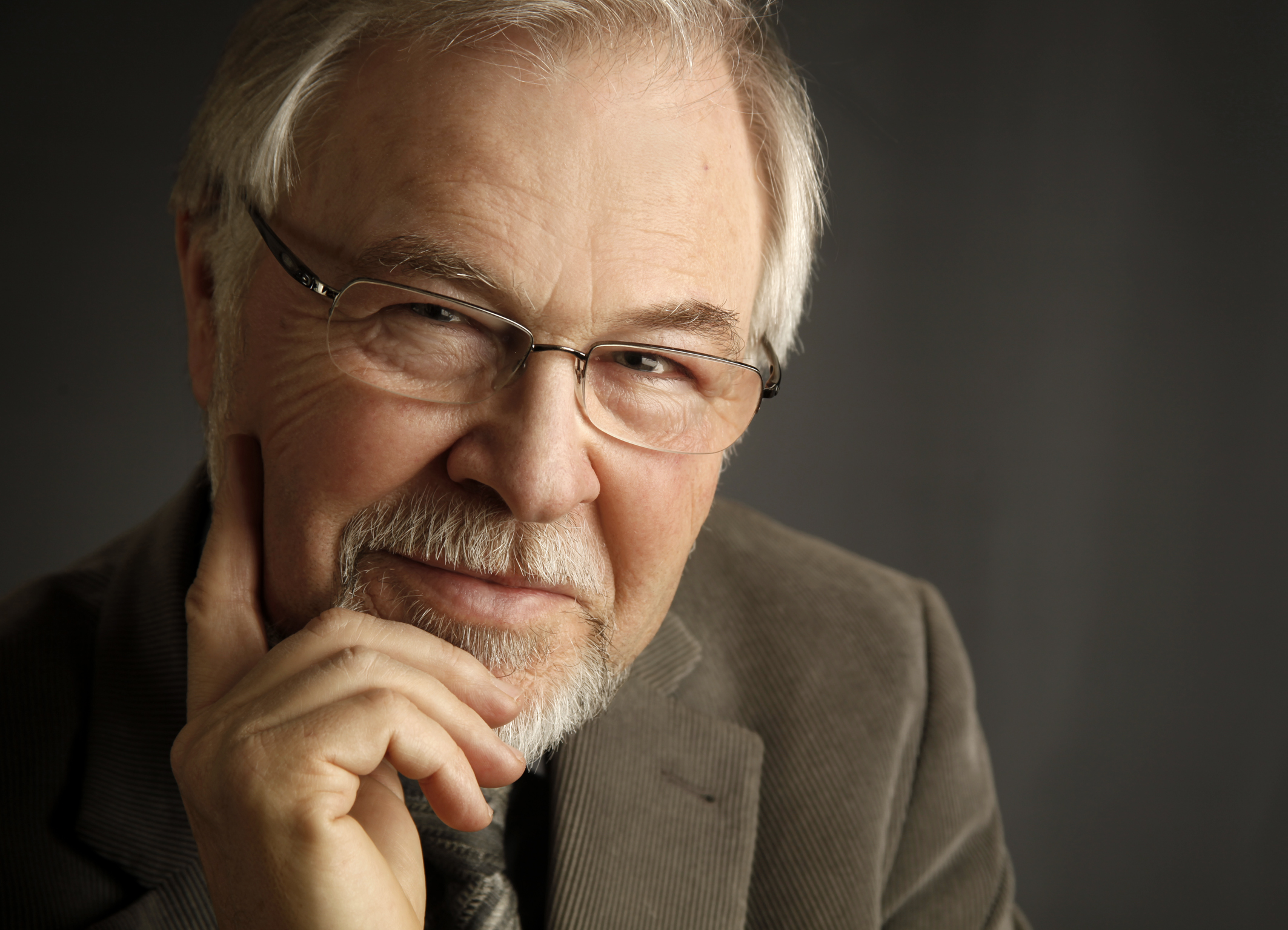 Wolfgang Benedek (Presentations Session 4 Chair) Wolfgang Benedek (Presentations Session 4 Chair)Prof. ret. Dr. Wolfgang Benedek is former director of Institute of International Law and International Relations and of the European Training and Research Centre for Human Rights and Democracy of University of Graz; Lecturer at Vienna Diplomatic Academy, University of Ljubljana and at the European Master Programmes on Human Rights and Democracy in Venice and Sarajevo; OSCE rapporteur under the Moscow Mechanism on Chechnya (2018) and on Belarus (2020); Doctorates h.c. from Universities of Sarajevo and Pristina; Publications in fields of international, regional (Europe and Africa) and local human rights, internet and human rights, migrations and asylum; Co-editor of “Russia and the European Court of Human Rights, The Strasbourg Effect,” Cambridge University Press 2018; editor of “Manual on Human Rights Education, Understanding Human Rights”, available in 17 languages and executive editor of the European Yearbook on Human Rights 2009-2018. |
 Andreas Christodoulou (Presentations Session 1 Speaker) Andreas Christodoulou (Presentations Session 1 Speaker)Andreas Christodoulou is an inclusion specialist that focuses in guidance of NGOs and training of educational institutions and companies in order to support vulnerable population. Currently he is manager and founder of Road to Inclusion, secretary of social policy in Organisation of Young Scholars (ONE) and PHD candidate of Social Work of Frederick University. Read more |
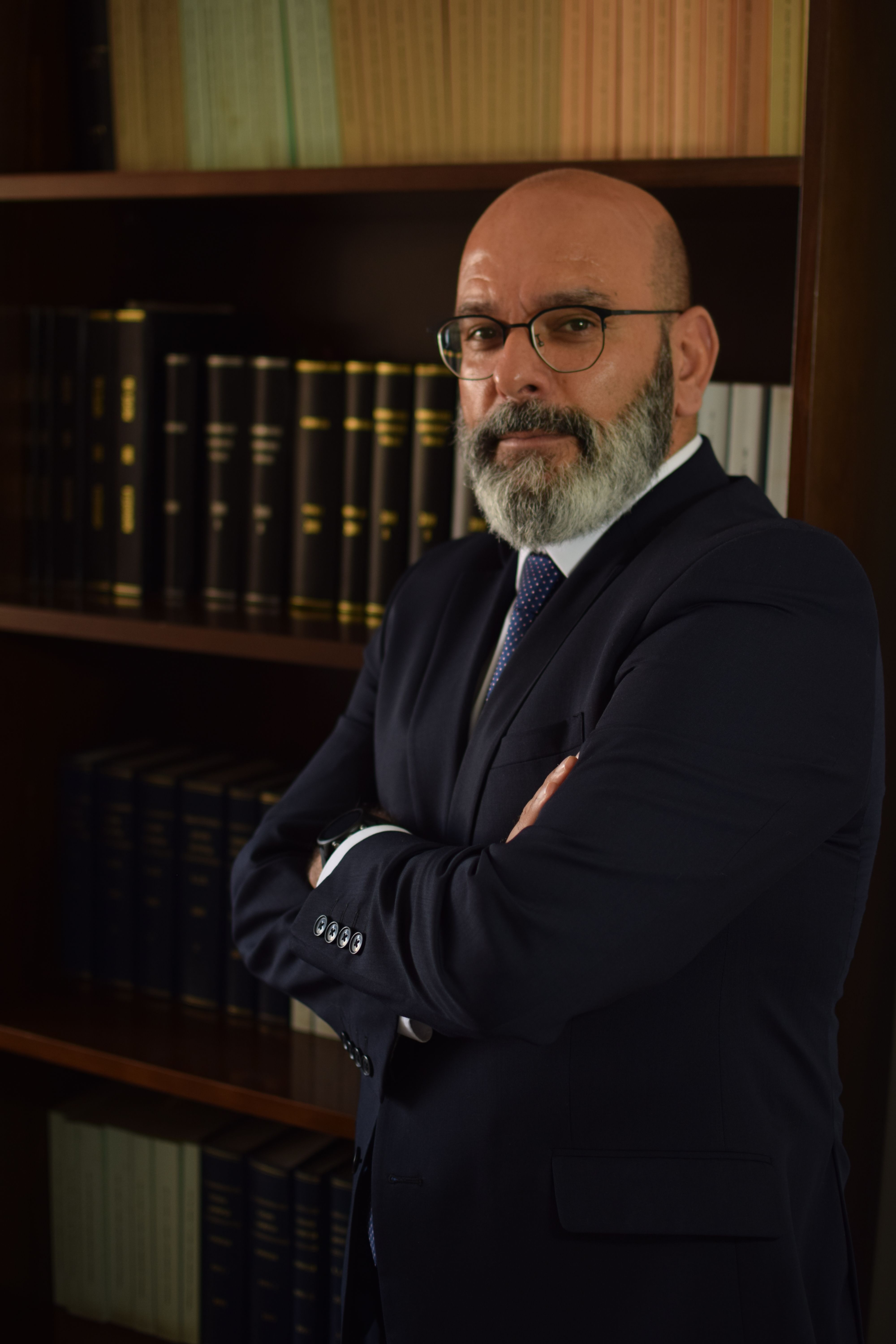 George Christofides (Presentations Session 3 Chair) George Christofides (Presentations Session 3 Chair)George Christofides was born in Larnaca, Cyprus. He is among the founders and the Executive Director of Orphanides, Christofides & Co LLC. Christofides graduated in law from Lancaster University in 1994. He obtained an LLM in International Law and International Relations in 1995. In 1996, he obtained an MSC in European Politics from LSE. He was admitted to the Cyprus Bar in 1997. He is a Visiting Lecturer in Frederick University and has published articles related to Employment, Tort and Civil Procedural matter, Personal Data and General Data Process Regulation and participated to Conferences as a speaker on issues of Fundamental Rights, GDPR and Personal Data as well as the Charter of Human Rights. Since 2015 he is an arbitrator in Court of Arbitration for Sports (CAS/TAS) and he is a registered Mediator. He is the head of Litigation and Alternative Dispute Resolution Department of the Firm. Since 2020 he is also engaged as a Trainer in Foundational Mediation Courses of Frederick Training Centre and also is a registered member of the Cyprus Blockchain Association. Read more |
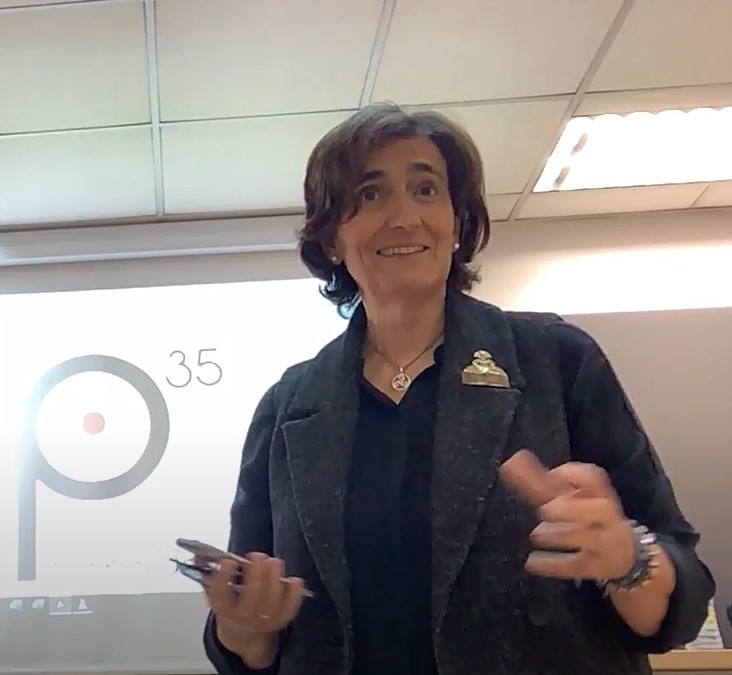 Loreto Corredoira (Children Roundtable Speaker) Loreto Corredoira (Children Roundtable Speaker)Loreto Corredoira is Professor of Communication Law at the Complutense University (Madrid, Spain). Journalist and Lawyer, Jean Monnet Chair (2020-2023) and co head of the research group “SN_Disorders”. Editor of the Disinformation Observatory (http://Observatoriodesinformacion.ucm.es). She has extensive knowledge of EU policies and Law on Audiovisuals, Information Access and Copyright. 25 years teaching experience in Communication Law, Audiovisual Law. Expert in European Projects, who has participated in research groups reporting to senior levels of the European Commission in Germany, the United Kingdom and Italy. Visiting Fellow at UCLA in projects regarding the digital transition of cinema. Read more |
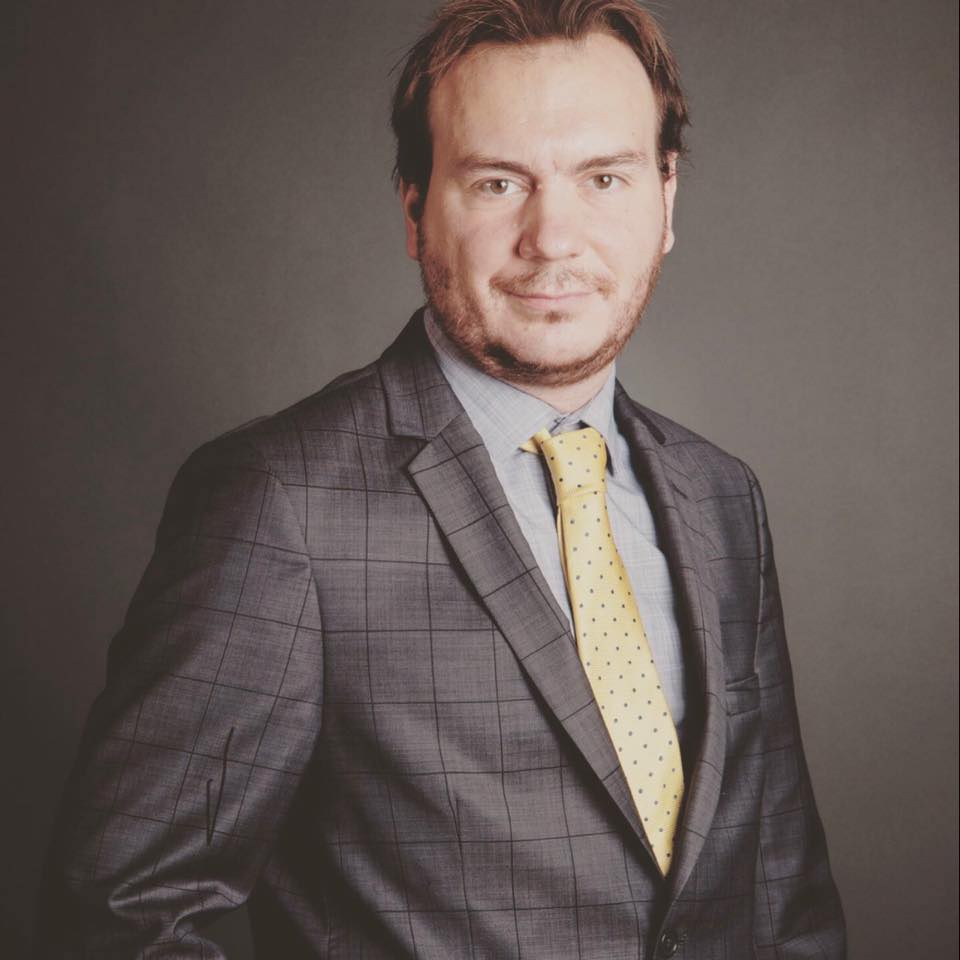 Dimitrios Devetzis (Presentations Session 5 Chair) Dimitrios Devetzis (Presentations Session 5 Chair)Dr iur. Dimitrios Devetzis (LL.M., M.L.E.) is an elected Assistant Professor at the Law Department of Frederick University(Cyprus) and a visiting Professor at the Orthodox University of Kinshasa (Democratic Republic of Congo). He obtained her Bachelor’s Degree in Law from the Aristotle University of Thessaloniki graduating as ‘’first among equals’’ and was awarded his Master’s Degree (in Civil, Civl Procedure and Labour Law) for the same Department. He also holds a Master’s Degree in European Law from the Leibniz University of Hannover, in Germany, where he also completed his doctoral dissertation. He has taught in pre- and postgraduate programs and conducted research in several Universities in Greece, Germany, France, Austria, Cyprus and Africa. Apart from his academic interests he lawyer appointed to the Greek Supreme Court (Areios Pagos), on international level. He has worked at the Legal Service of the European commission in Brussels and has already published various books and papers in three languages, which have been cited in international legal literature and case of law of numerous legal orders. Read more |
 Berdien van der Donk (Presentations Session 2 Speaker) Berdien van der Donk (Presentations Session 2 Speaker)Berdien van der Donk is a PhD-candidate at the Centre for Private Governance (CEPRI), University of Copenhagen and a lecturer in EU Internet Law at Copenhagen Business School. She is currently a Participant in the Spring 2022 Research Sprint on “Takedowns and Transparency Research Sprint: Global Norms, Regulation and the Nature of Online Information” hosted by the Berkman Klein Center for Internet & Society at Harvard University. She was a visiting fellow at TILT (University of Tilburg) and will stay at CIRSFID (University of Bologna) from May 2022. Outside of academia, she works as a legal analyst for trademark and domain name cases at Clarivate’s Darts-IP. Her research focuses on the invalidity of restrictive clauses in user terms on social media platforms and combines contract law with (European) fundamental rights law. Specifically, she seeks a qualification for social media platforms in order to address access restrictions in a way that reflects the physical world. Previous publications cover copyright and trademark law, trade secrets, dynamic injunctions, and fundamental rights law. Read more |
 Stanislaw Edelweiss (Presentations Session 2 Speaker) Stanislaw Edelweiss (Presentations Session 2 Speaker)Stanislaw Edelweiss is an LL.M. student at Leibniz Universität Hannover. He studied law at the University of Gdansk, where he developed his interest in financial services and the social impact of payments on society. Recently, his research focuses on digital aspects of the legal world, including, among others, user-generated content. |
 Rosanna Fanni (Presentations Session 3 Speaker) Rosanna Fanni (Presentations Session 3 Speaker)Rosanna’s research interests focus on analysis of digital policy on international relations. She is affiliated with the Centre for European Policy Studies and the GIGA Institute. For her PhD, she works on digital identity systems and digital statecraft. She also researches the EU digital portfolio, including AI, platforms, data and digital rights. At CEPS, she co-edited an impact assessment study of AI technology on EU rights for the European Commission and co-founded the CEPS Young Thinkers Initiative to strengthen the youth voices and expertise in EU policy. She was a Fulbright-Schuman Visiting Researcher at The Brookings Institution in Washington, DC where she contributed to a report on international AI cooperation and policy. She is currently also Fellow at the EU-ASEAN Think Tank Dialogue “EANGAGE” and board member of the Club Alpbach Belgium/Brussels. Read more |
 Martin Fertmann (GIG-ARTS 2022 Junior Co-Chair and Presentations Session 2 Chair) Martin Fertmann (GIG-ARTS 2022 Junior Co-Chair and Presentations Session 2 Chair)Martin Fertmann is a PhD Fellow at the Center for Law in Digital Transformation at the University of Hamburg and a Junior Researcher at the Leibniz-Institute for Media Research | Hans-Bredow-Institut. He pursues a thesis on procedural requirements for platform companies’ content governance practices under international human rights standards. His other research interests include institutional approaches to platform governance, disinformation, and the interplay of corporate and state power online. He studied law in Hamburg and Beijing, while providing pro-bono advice on internet-related cases with the University of Hamburg’s Cyber Law Clinic for several years. During his PhD, he has, among other activities, participated in a research sprint on “Digital Ethics in Times of Crisis: COVID-19 and Access to Education and Learning Spaces” at the Berkman Klein Center for Internet & Society at Harvard University and conducted research visits at LIP6 (CNRS & Sorbonne University) as well as the Norwegian Centre for Human Rights (University of Oslo, upcoming 2022), both with the support of the Global Digital Human Rights Network, of which he is a member. Read more |
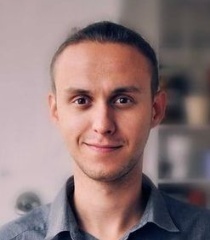 Gregor Fischer-Lessiak (GDHRNet Special Session Speaker) Gregor Fischer-Lessiak (GDHRNet Special Session Speaker)Gregor Fischer-Lessiak is researcher, lecturer and project manager at the European Training and Research Centre for Human Rights and Democracy at the University of Graz (UNI-ETC). His legal research revolves around (European) human rights instruments, anti-discrimination, governance of online expression, and online hate speech. |
 Domenico Fracchiolla (Presentations Session 4 Speaker) Domenico Fracchiolla (Presentations Session 4 Speaker)Domenico Fracchiolla is Assistant Professor of International Relations at the University of Salerno. He has been Adjunct Professor at the Luiss University in Rome and and other leading Italian universities. He has been Visiting Scholar at the UC Berkeley, California, USA;at the SAIS, Johns Hopkins University, Washington d.c., USA. He is member of the Internet and Communication Policy Center (ICPC), University of Salerno. He is member of two research teams conducting research project funded by the Italian Government, on “Monocratic Government” and “Cybersecurity as public Policy”. Among his principal publications, “Modes of internet governance and science diplomacy: what might the EU learn from the US cyber security policy”, in Marzouki M. and Calderaro A., eds., Internet Diplomacy: Shaping the Global Politics of Cyberspace, Rowman & Littlefield, Forthcoming 2022 (with F. Amoretti); “La Cyber Security e le Relazioni Internazionali: una proposta tipologica”, in Amoretti F. (ed), Per una cultura della sicurezza democratica. Il contributo dei saperi disciplinari, Rubbettino, Soveria Mannelli, 2020. |
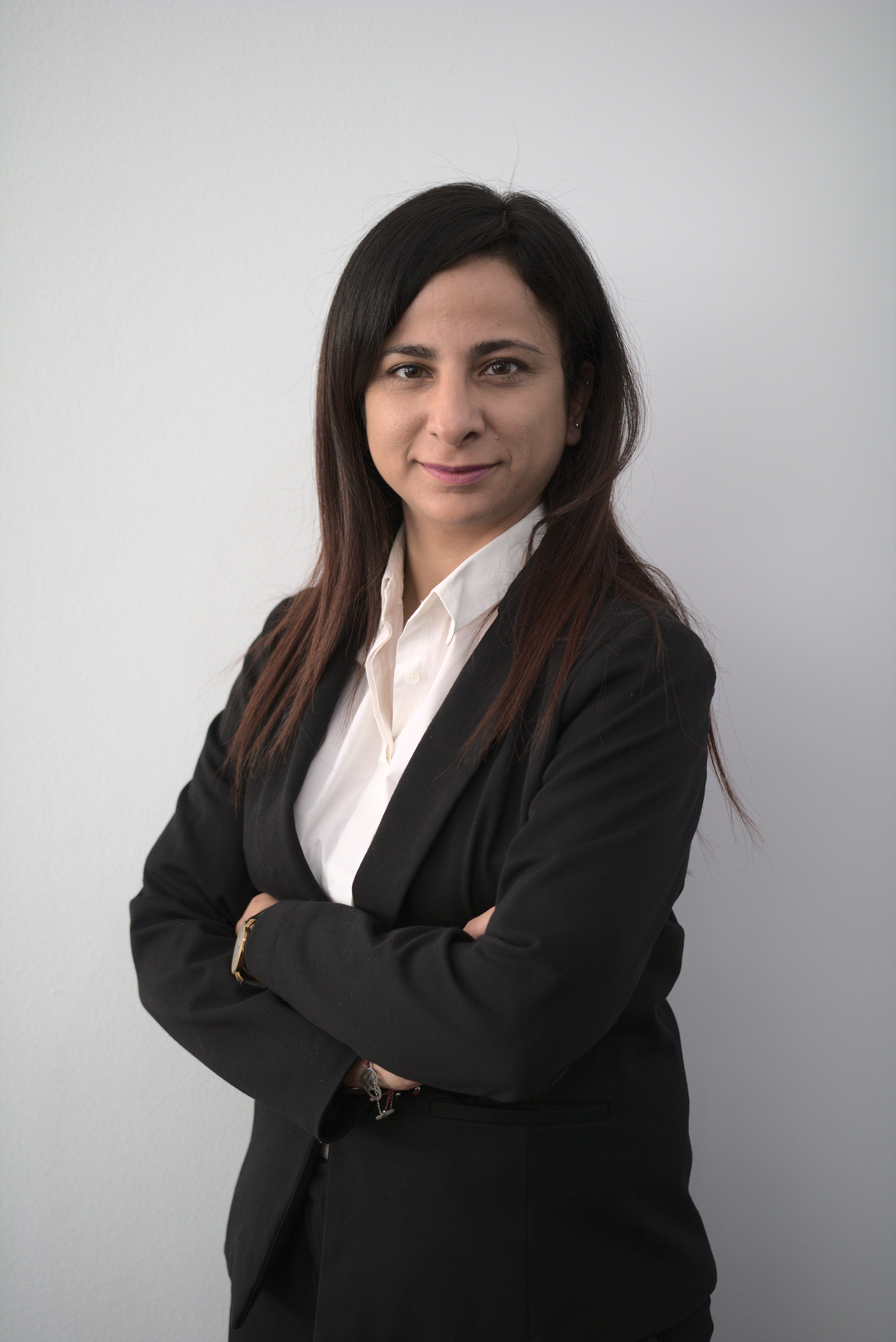 Antonia Frangou (Presentations Session 4 Speaker) Antonia Frangou (Presentations Session 4 Speaker)Antonia Frangou is a PhD candidate at the European Public Law Organisation’s Institute, the “European Law & Governance School”. She is an Advocate called at the Cyprus Bar and a graduate of the University of Reading (LLB honours) and the University of Glasgow (LLM in Intellectual Property and the Digital Economy). Her interest in academia enacted at the University of Glasgow, where she participated in CREATe, UoG’s research centre on Intellectual Property Rights. Throughout her professional life, she participated in a plethora of Conferences around the world, mainly focusing on the Digital Environment and Public Policy. Among others, she has undertaken training at the United Nations’ premises both in New York and Turin about Cybersecurity, and the Harvard National Conference on Cyberconflict. She is currently working at a well-known firm in Nicosia (Cyprus) advising on GDPR and Internet Governance & Commercial matters, and simultaneously is in the process of completing her PhD studies. Read more |
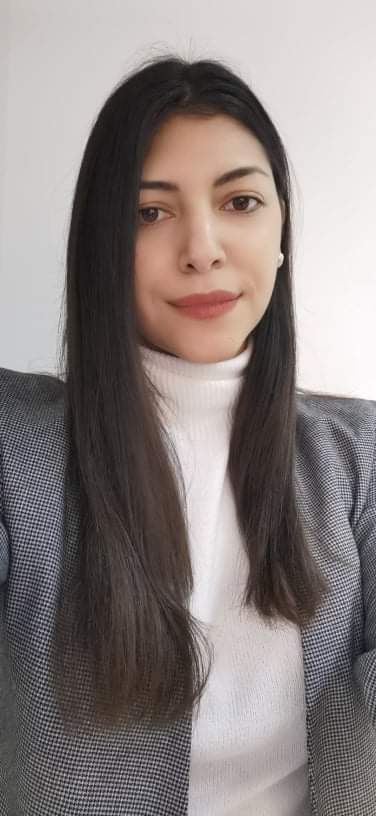 Ioanna Georgiou (Presentations Session 1 Speaker) Ioanna Georgiou (Presentations Session 1 Speaker)Ioanna Georgiou is a registered member of Professional Social Workers of Cyprus. Currently, she is employed as a Social Worker of Pancyprian Association of People with Autism. Since 2019, she is Director of the “Supporting Program to Autistic People and their Families” and PHD candidate of Social Work of Frederick University. Her main research interests focus at the study of issues concerning vulnerable groups of people, parental divorce, parental emotions and persons with disabilities (e.g. child in the autism spectrum, assisted living for people with disabilities, consulting of parents). |
 Alexandra Giannopoulou (Presentations Session 5 Speaker) Alexandra Giannopoulou (Presentations Session 5 Speaker)Alexandra Giannopoulou is a postdoctoral researcher at the Blockchain and Society Policy Lab at the Institute for Information Law (IViR), University of Amsterdam. She is an associate researcher at the CNRS Centre for Internet and Society in Paris. Her research focuses on privacy and data protection, digital identity, and decentralization. Read more |
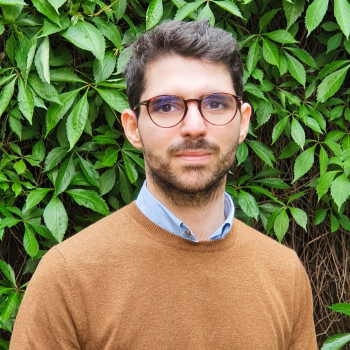 Giovanni De Gregorio (GDHRNet Special Session Speaker) Giovanni De Gregorio (GDHRNet Special Session Speaker)Giovanni De Gregorio is postdoctoral researcher working with the Programme in Comparative Media Law and Policy at the Centre for Socio-Legal Studies. His research focuses on digital constitutionalism: content moderation and artificial intelligence; hate speech and disinformation; digital policy. Read more |
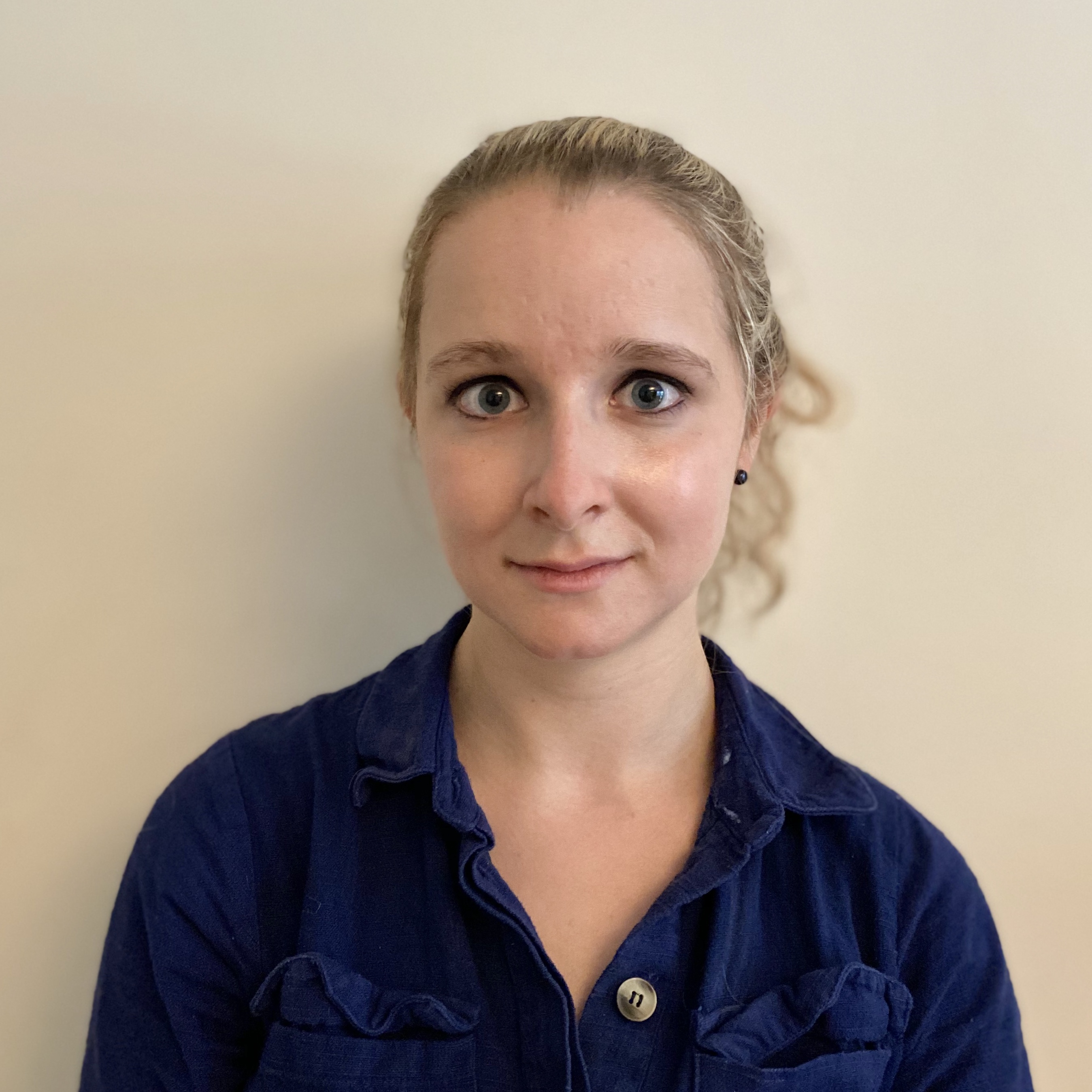 Rachel Griffin (Presentations Session 1 Speaker) Rachel Griffin (Presentations Session 1 Speaker)Rachel Griffin is a PhD candidate at the Sciences Po Law School, where she is researching European social media regulation and its implications for structural social inequalities under the supervision of Profs. Severine Dusollier and Beatriz Botero Arcila. Her research draws on a range of interdisciplinary literature to understand how structural inequalities manifest in the context of social media, and is informed by perspectives from political economy, critical race theory, and queer and feminist legal theory. She also works as a research assistant at the Digital, Governance & Sovereignty Chair within Sciences Po’s School of Public Affairs, and teaches a course on social media law at Sciences Po Reims. Read more |
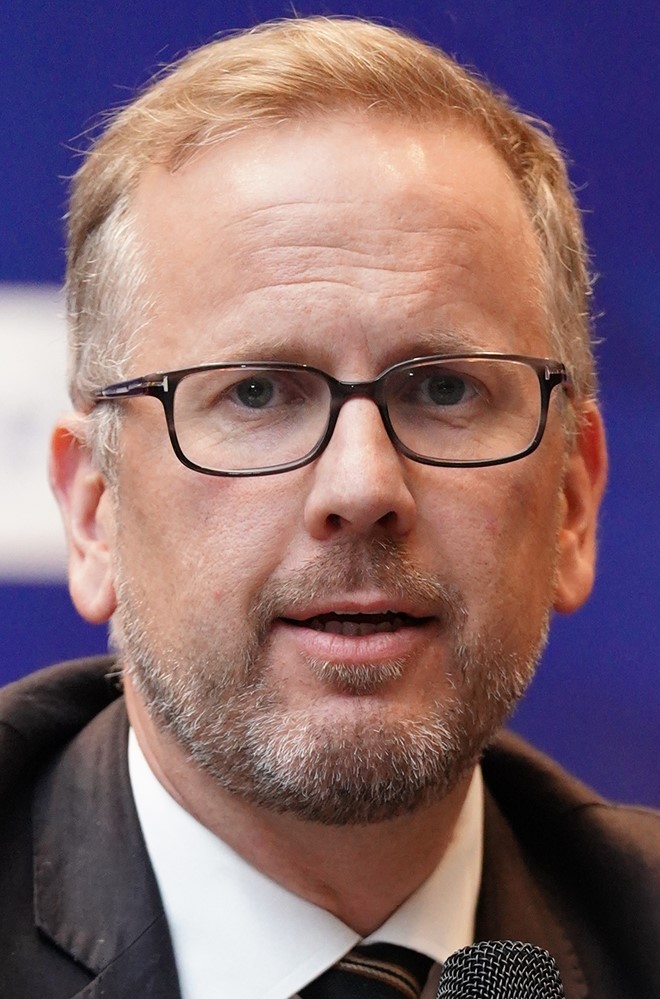 Jonas Grimheden (Migration Roundtable Speaker) Jonas Grimheden (Migration Roundtable Speaker)Dr Iur Jonas Grimheden heads the independent Fundamental Rights Office of Frontex, the European Border and Coast Guard Agency. Before joining Frontex, he worked for the EU Agency for Fundamental Rights – EU’s advisory body on human rights. Prior to working for the European Union, he was a researcher and lecturer based at the Raoul Wallenberg Institute for Human Rights and Humanitarian Law (RWI), Lund University, Sweden. He has conducted research and taught at both academic and practitioner levels, for longer and shorter stints mainly in the US, Europe, and Asia, altogether in some 20 countries. In addition to international human rights law, he has also taught comparative law and Chinese law. Since 2009 he is Associate Professor (Docent) of International Human Rights Law at the Law Faculty, Lund University, Sweden. Read more |
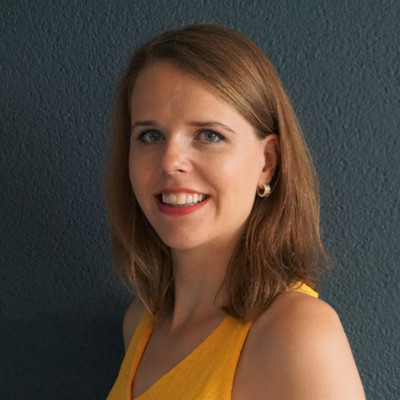 Hortense Jongen (Presentations Session 5 Speaker) Hortense Jongen (Presentations Session 5 Speaker)Hortense Jongen is an Assistant Professor in International Relations at the Vrije Universiteit Amsterdam and Researcher at the University of Gothenburg. As of September 2021, she is leading the three-year international research project ‘Digital Self-Determination for the South? Legitimacy in the Regional Internet Registries,’ which is funded by the Swedish Research Council. Before coming to Amsterdam, Hortense was a Post-Doctoral Researcher at the University of Gothenburg, where she was working in a research project studying the levels, sources, practices, and consequences of legitimacy in ICANN. Read more |
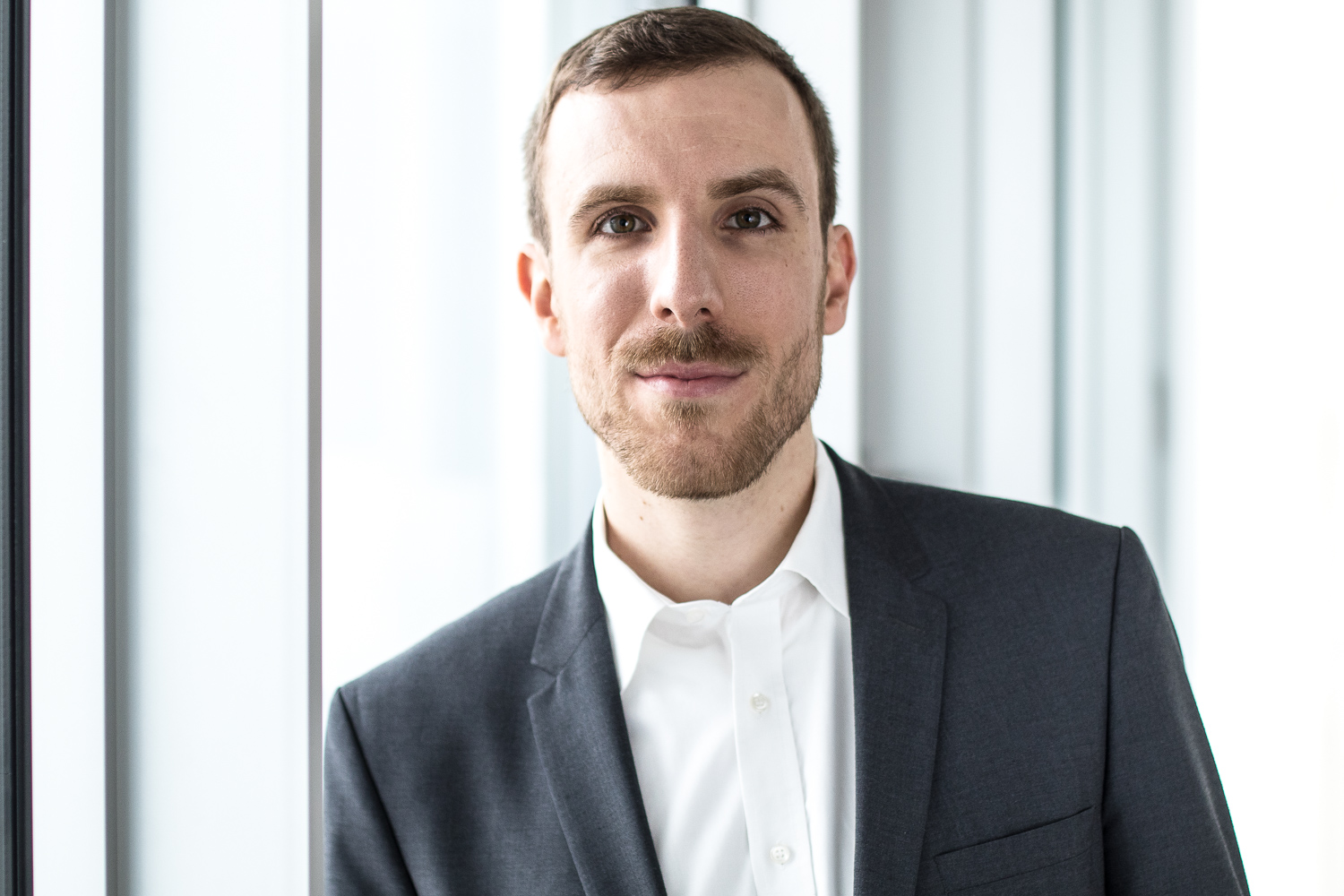 Torben Klausa (Presentations Session 2 Speaker) Torben Klausa (Presentations Session 2 Speaker)Does the state have the responsibility to regulate digital platforms? This question is at the heart of Torben Klausa’s research. He is a doctoral student at the Faculty of Law of the University of Bielefeld under the supervision of Prof. Dr. Thomas Wischmeyer. As a journalist for the German daily Der Tagesspiegel, he also reports on digital policy issues. In his doctoral thesis entitled “Die dienende Freiheit sozialer Netzwerke” (“The Serving Freedom of Social Networks”), he examines the potential constitutional duty of the state to contain social networks under media law. Torben Klausa studied law, political science, and public policy in Bonn, Washington, DC and Berlin. He has worked in the German Bundestag and the digital association Bitkom on digital policy challenges. Read more |
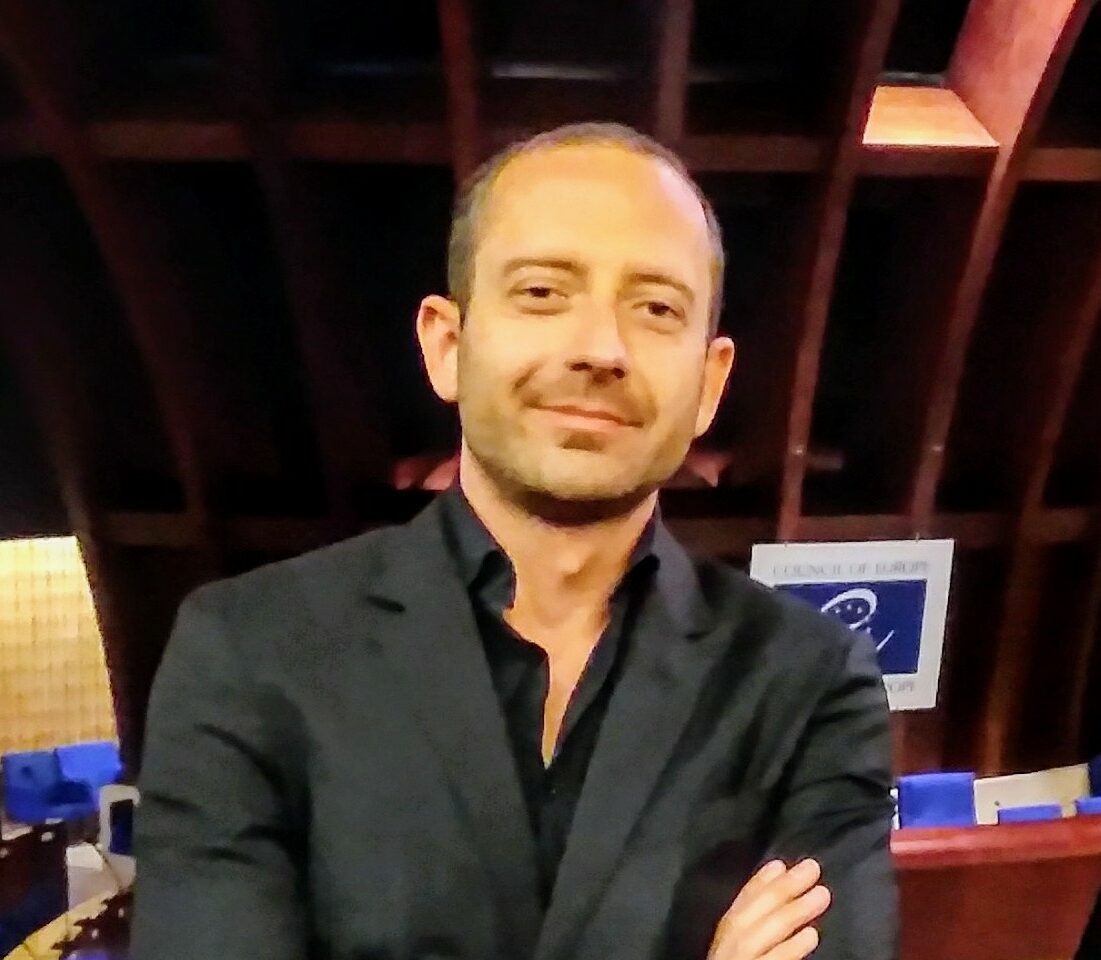 Dariusz Kloza (Presentations Session 1 Speaker) Dariusz Kloza (Presentations Session 1 Speaker)Dr Dariusz (Darek) Kloza is a senior researcher at the Human Rights Centre (HRC) at Ghent University. His expertise concentrates on international fundamental rights law, especially the fundamental rights to privacy and personal data protection. He earned in 2019 a PhD in Law from the Vrije Universiteit Brussel, holds an LL.M. in Law and Technology (2010) from the Tilburg Institute for Law, Technology, and Society at Tilburg University and a master’s degree in law from the University of Białystok (2008), including a student exchange at the University of Copenhagen (2007-08). Previously, he was a researcher at the Research Group on Law, Science, Technology and Society (LSTS; 2011-21) at the VUB, where he co-founded the Brussels Laboratory for Data Protection & Privacy Impact Assessments (d.pia.lab). He held in parallel a part-time research position at Peace Research Institute Oslo (PRIO; 2015-17) and visiting fellowships, among others, at Bond University (Australia; 2016). He also freelances at the Centre for Direct Democracy Studies (CDDS) at the University of Białystok (Poland), where he is co-editor of the ‘European Integration and Democracy’ Series (Intersentia). Read more |
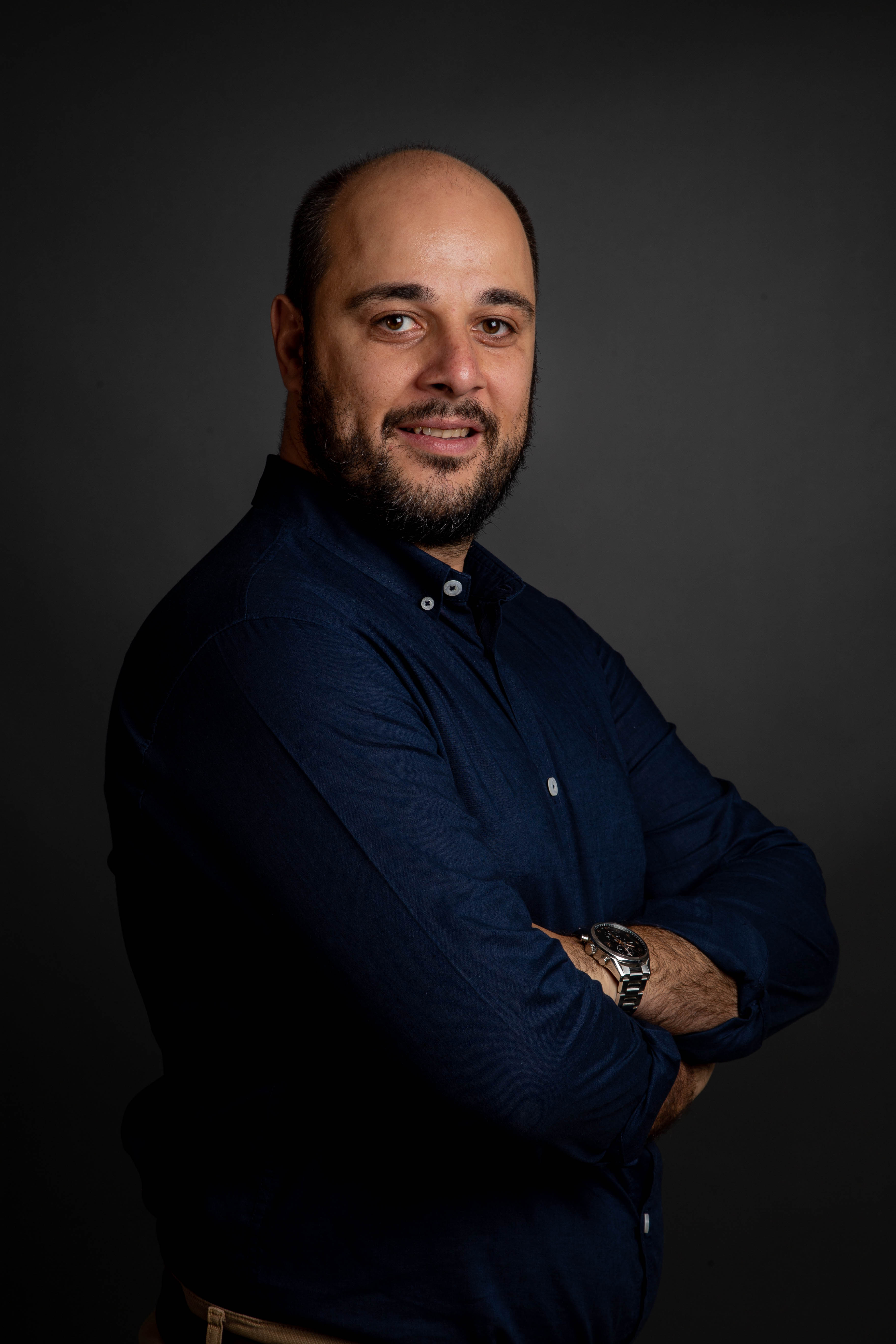 Konstantinos Kouroupis (GIG-ARTS 2022 Co-Chair and Pandemic Roundtable Chair) Konstantinos Kouroupis (GIG-ARTS 2022 Co-Chair and Pandemic Roundtable Chair)Dr Konstantinos Kouroupis is an Assistant Professor of European and Data Rights Law at the Department of Law of Frederick University, in Cyprus. He graduated in Law from Aristotle University in Greece and was awarded an LLM Diploma in European Law from Université des Sciences Sociales de Toulouse I. His PhD in the field of European Data Rights Law from University of Macedonia in Greece was evaluated as “Excellent”. He is the author of several legal books and articles, both in Greek and English as well as in French. Some of his studies have been uploaded to the digital library of the EUROJUST EU Agency. In 2018 he delivered a speech on “National and European legal framework on Cybersecurity and data protection” as an expert and on behalf of the Republic of Cyprus, during an international exercise under the supervision of European Defence Agency. He has participated in European projects regarding the protection of data rights funded by the European Union. He is Cyprus Management Committee Delegate of the EU Cost action “Global Digital Human Rights Network”. Read more |
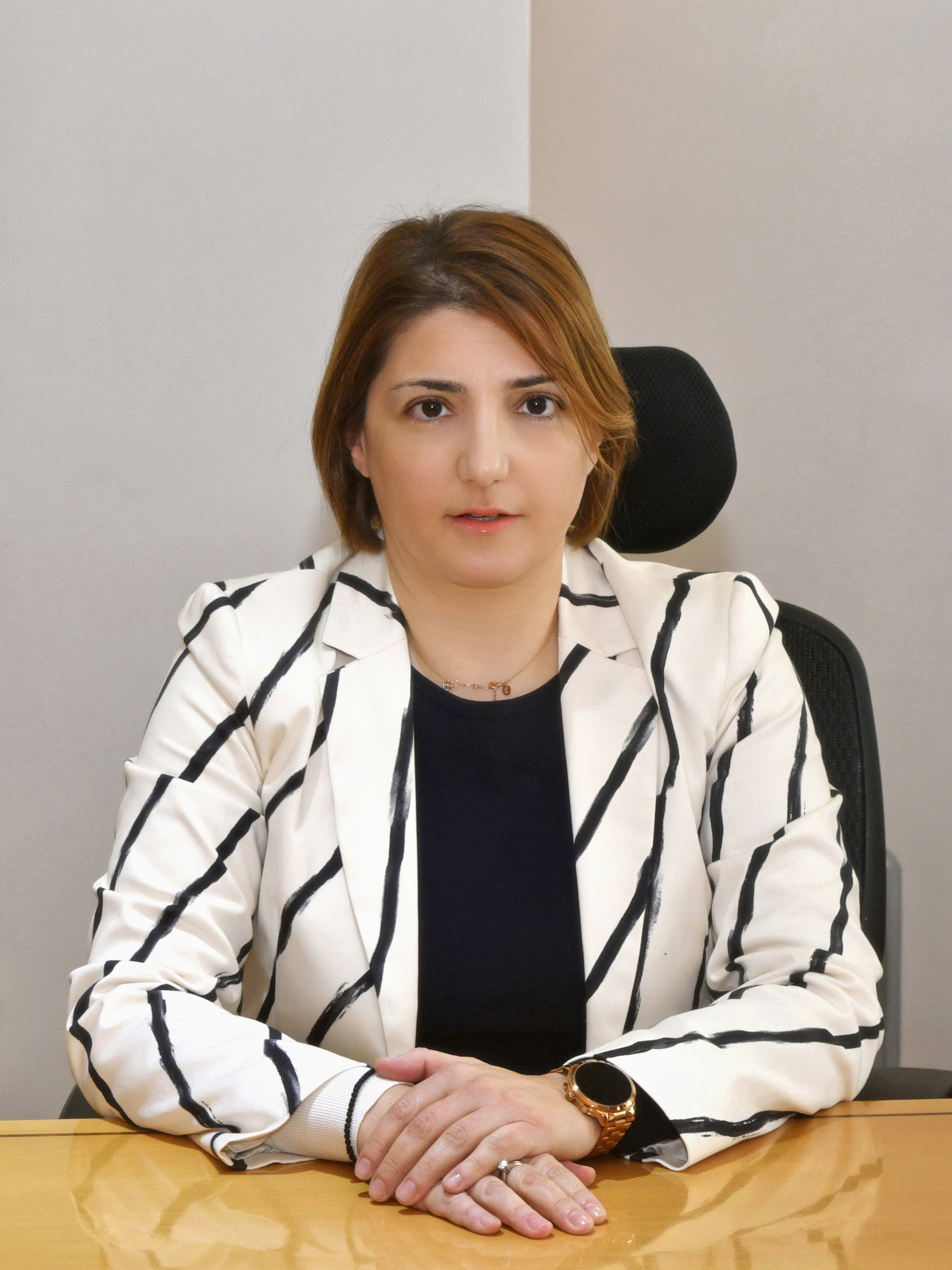 Irene Loizidou Nikolaidou (Pandemic Roundtable Speaker) Irene Loizidou Nikolaidou (Pandemic Roundtable Speaker)Ms Irene Loizidou Nikolaidou studied Law at the National and Kapodistrian University of Athens and Journalism in Athens. She was awarded a Masters Degree in Business Administration (MBA) by the Cyprus International Institute of Management (CIIM) and she is an Accredited Mediator of CERD. She was a Member of the Cyprus Bar Association and she practiced Law till her appointment as Commissioner for Personal Data Protection, on 28 September 2015. She was elected as Member of Engomi, Nicosia Municipal Council for three successive terms. As a Municipal Counselor, she served as a Permanent Member of the Cyprus Municipal Councils’ Association to the Congress of the Local and Regional Authorities of Council of Europe and Vice President of the Monitoring Committee of the Congress from 2007 until her appointment. Since 28th September 2015 she is the Commissioner for the Protection of Personal Data of Cyprus and since 22nd December 2020 she is the Information Commissioner as well. Read more |
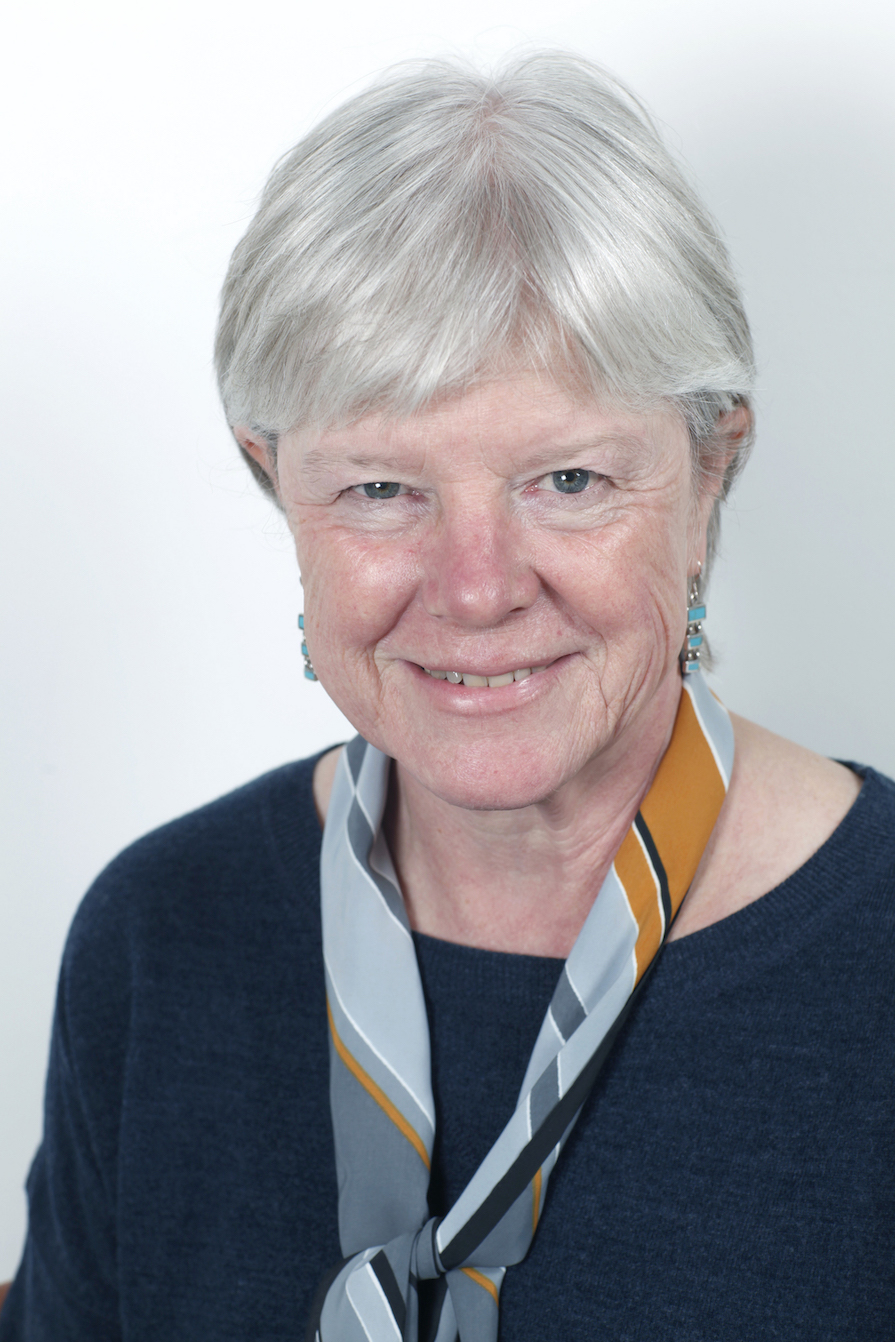 Robin Mansell (Keynote Session Chair) Robin Mansell (Keynote Session Chair)Robin Mansell is Professor of New Media and the Internet in the Department of Media and Communications, London School of Economics and Political Science. She received her PhD 1984 from Simon Fraser University Canada and was Professor of Information and Communication Technology Policy at SPRU (Science Policy Research Unit) University of Sussex 1988-2000. Her research focuses on technology innovation, digital platform regulation and governance and its socio-political and economic consequences. She is author of Imagining the Internet: Communication, Innovation and Governance, Oxford University Press, 2012 co-author of Advanced Introduction to Platform Economics, Edward Elgar Publishing, 2020 and more than 120 papers and other books. She is a Fellow of UK Academy of Social Sciences and member Academia Europaea. She was awarded the ICA C. Edwin Baker Award and she holds an Honorary Doctorate from the University of Fribourg. Read more |
 Meryem Marzouki (GIG-ARTS 2022 Co-Chair and Migration Roundtable Chair) Meryem Marzouki (GIG-ARTS 2022 Co-Chair and Migration Roundtable Chair)Meryem Marzouki is senior academic researcher in political sciences with the CNRS, currently with LIP6 Laboratory at Sorbonne Université in Paris, where she teaches internet regulation and governance. Her research focuses on global internet governance actors, issues, and institutionalization processes, as well as public and private digital regulations, exploring the resulting transformations of human rights, democracy and the rule of law. Currently, she is the French Management Committee member of the COST Action CA19143 GDHRNet. She initiated in 2017 the GIG-ARTS network and conference series, leading inter alia to the co-edited volume Internet Diplomacy: Shaping the Global Politics of Cyberspace (Rowman & Littlefield, forthcoming 2022). A co-founder of many digital rights NGOs and coalitions since 1996, she also participated as civil society stakeholder and served as independent expert in international institutions processes (UN WSIS 2002-2005, UN IGF 2006-2015, Council of Europe 2005-2013, OECD 2008-2015). Read more |
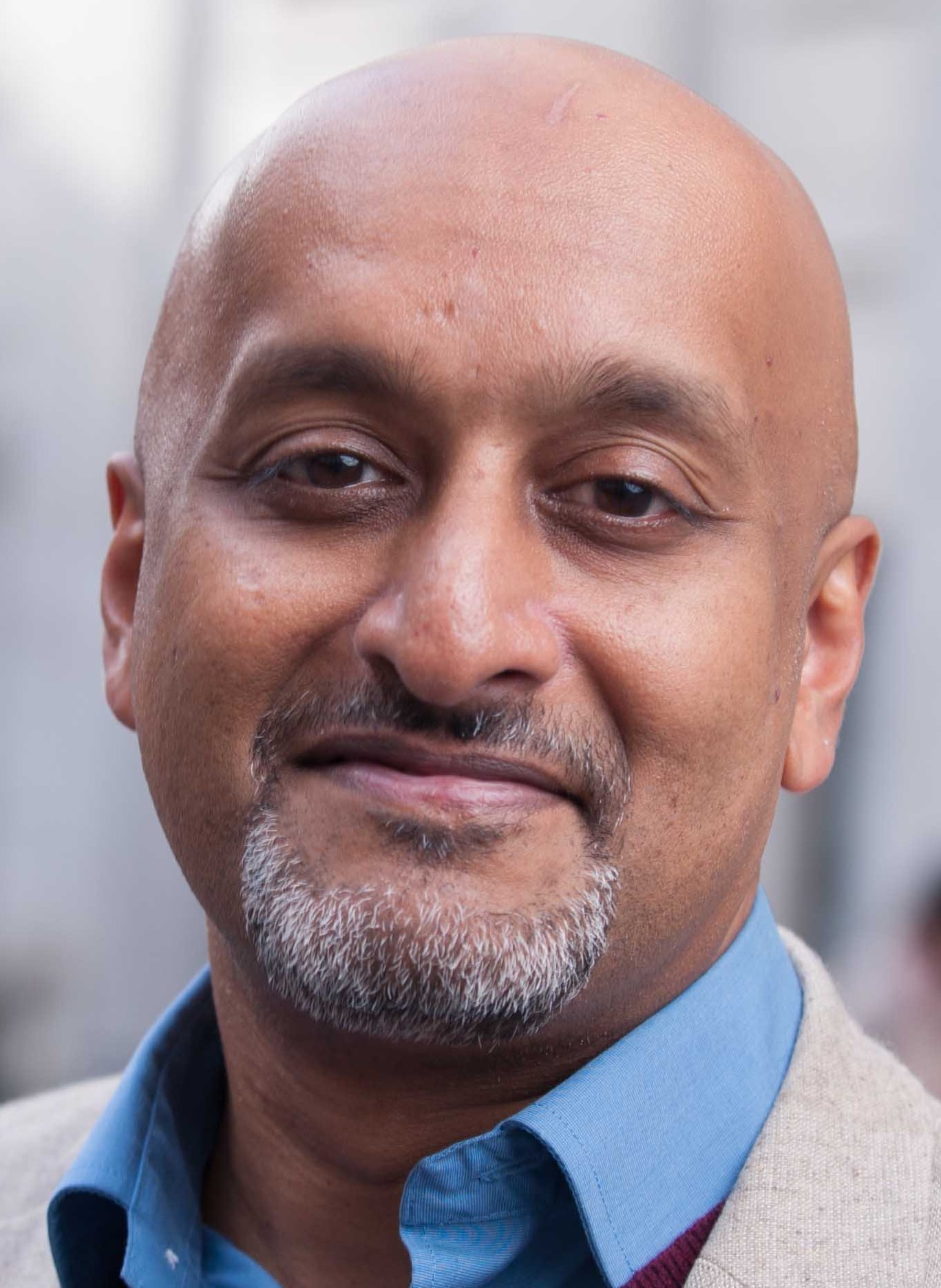 Ashwin Mathew (Presentations Session 5 Speaker) Ashwin Mathew (Presentations Session 5 Speaker)Ashwin Mathew is Lecturer in Global Digital Cultures in the Department of Digital Humanities at King’s College London. He is an ethnographer of Internet infrastructure, studying the technologies and technical communities involved in the operation of the global Internet. He is interested in how the Internet is built and maintained in everyday practice; and how the cultures of the Internet’s technical communities circulate and are re-articulated across Global South and Global North in the process of operating the Internet. Read more |
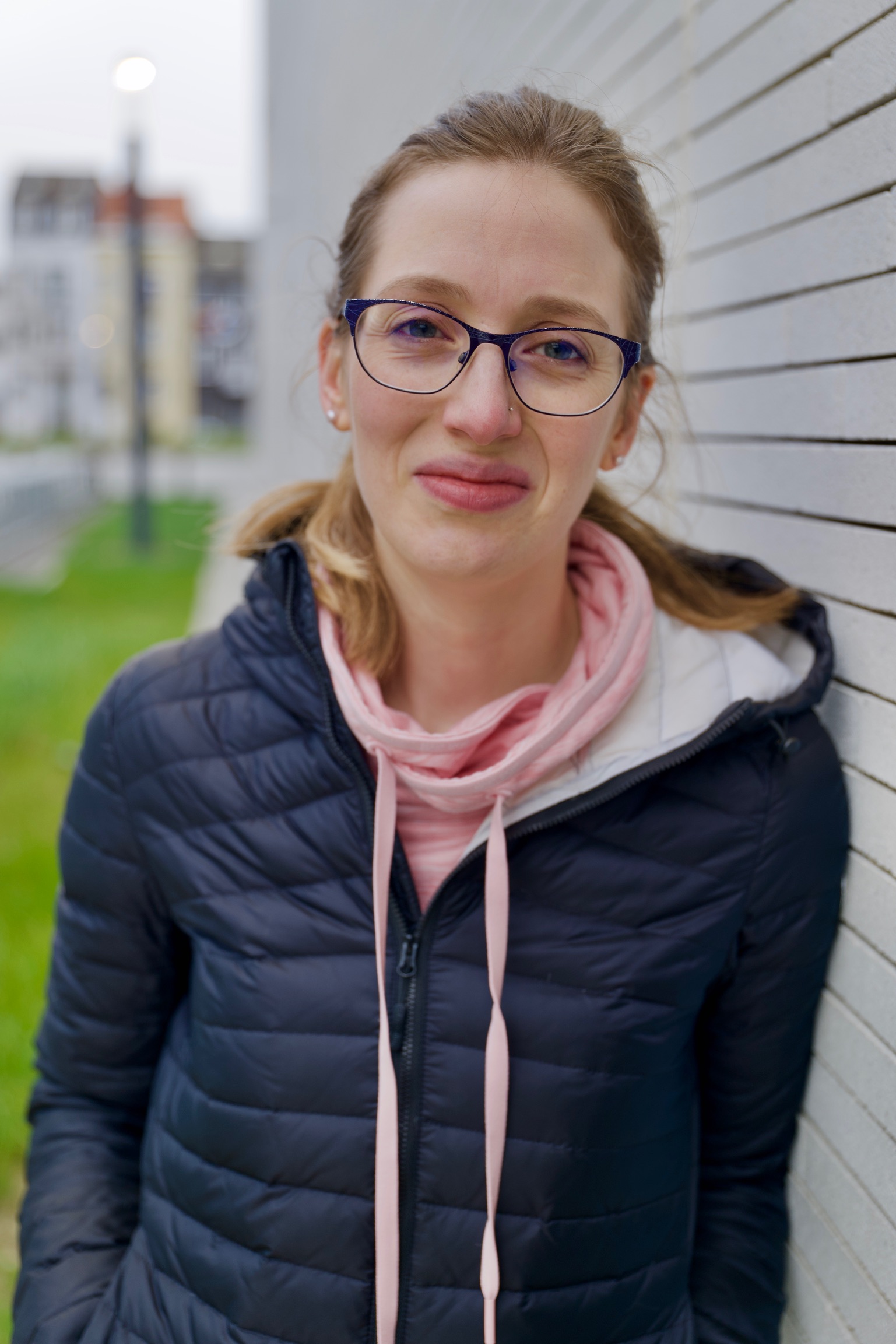 Trisha Meyer (Presentations Session 4 Speaker) Trisha Meyer (Presentations Session 4 Speaker)Trisha Meyer is an Assistant Professor in Digital Governance and Participation at the Vrije Universiteit Brussel, where she leads the Research Centre on Digitalisation, Democracy and Innovation. She is also a Professorial Fellow at the United Nations University CRIS in Bruges. Trisha researches the regulatory push toward and societal consequences of tech platforms taking proactive (and automated) measures to moderate content. A second closely related research strand pertains to stakeholder engagement and participatory governance in digital policy. Trisha is the principal investigator of the EDMO BELUX project, an EU-funded hub on research, fact-checking and media literacy on online disinformation in Belgium and Luxembourg (2021-2024). Read more |
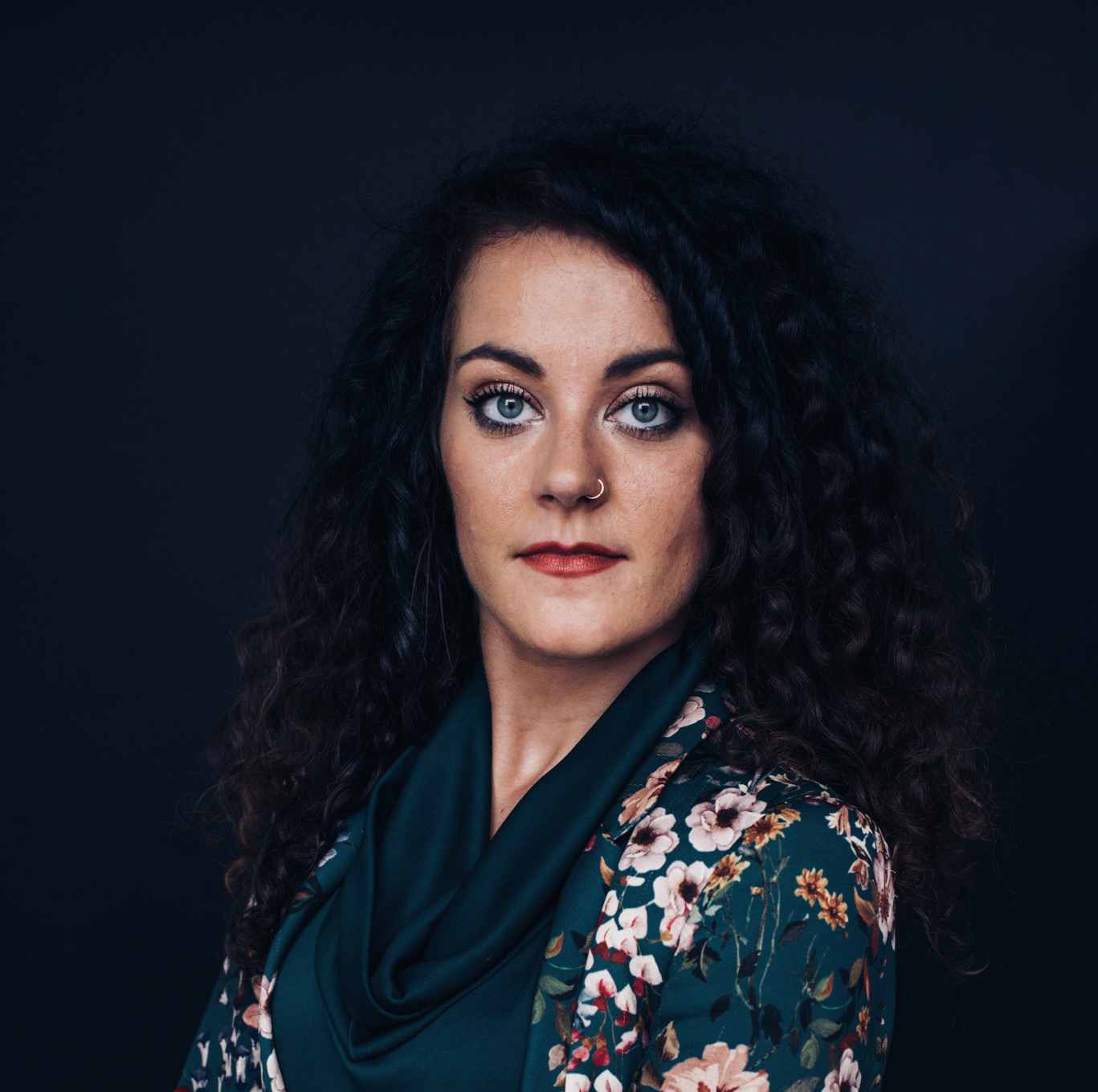 Petra Molnar (Migration Roundtable Speaker) Petra Molnar (Migration Roundtable Speaker)Petra Molnar is a lawyer and anthropologist and the Associate Director of the Refugee Law Lab, York University. Her current work focuses on the impacts of surveillance technologies on people crossing borders and splits her time between Canada and Greece. She is currently working on her first book, Artificial Borders: AI, Surveillance, and Border Tech Experiments, coming out in 2022. Read more |
 Mavili Moura (Presentations Session 2 Speaker) Mavili Moura (Presentations Session 2 Speaker)Mavili Moura is PhD candidate in Public Law at the University of Coimbra. Master of Laws from the University Candido Mendes. Member of the Portuguese Observatory of Human Rights. Lawyer and legal consultant in the area of technology. Read more |
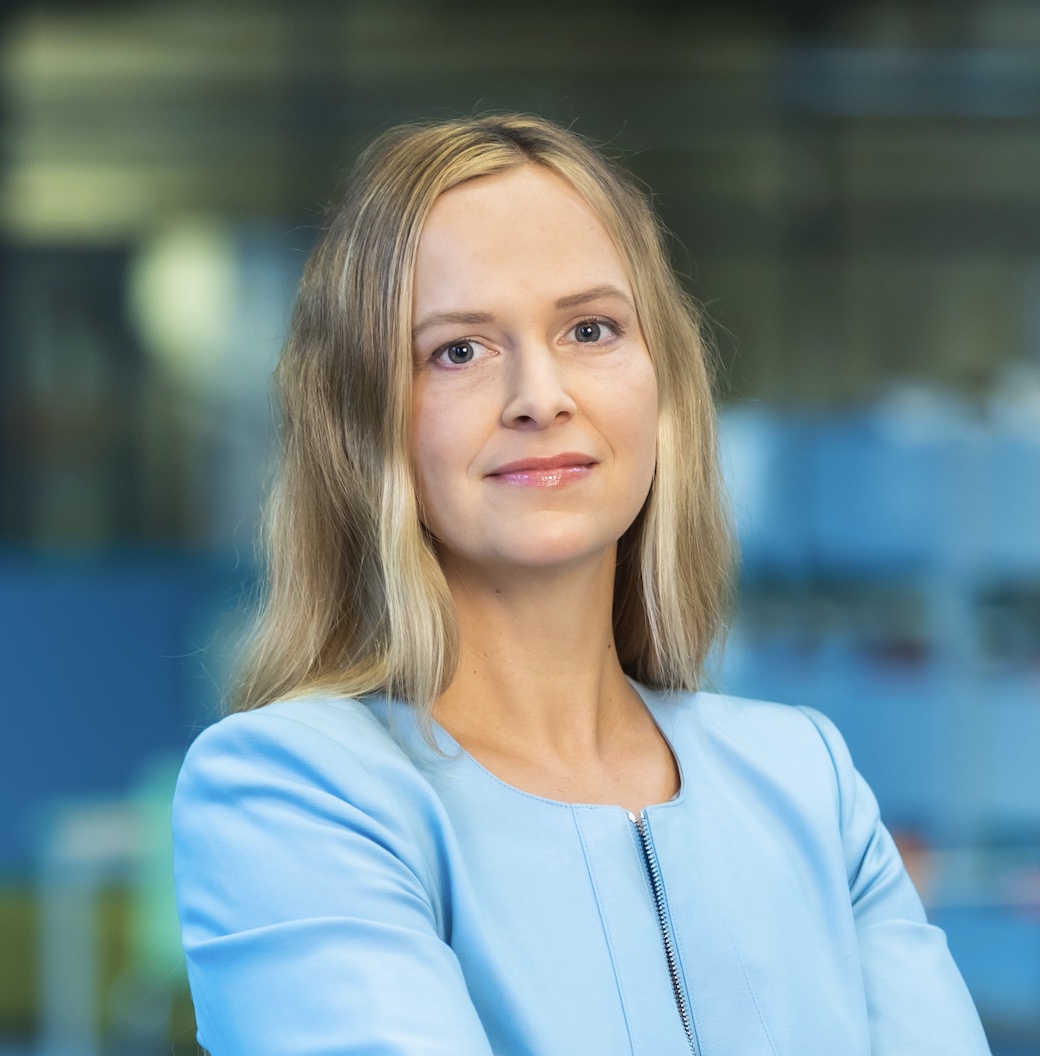 Tiina Pajuste (GDHRNet Special Session Speaker) Tiina Pajuste (GDHRNet Special Session Speaker)Tiina Pajuste is Professor of International Law and Security at Tallinn University. Prof Pajuste has previously worked as a Research Fellow at the Lauterpacht Centre for International Law at the University of Cambridge, where she worked on the project Legal Tools for Peace-Making, researching the role international law plays in peace negotiations, and at the Erik Castrén Institute of International Law and Human Rights (University of Helsinki), where she analysed human rights mainstreaming in the context of the European Security and Defence Policy. She completed her PhD at the University of Cambridge on “Accountability Mechanisms for International Organisations”. Her current research focuses on digital human rights, non-discrimination and different aspects of peace negotiations. She is the leader of the research focused working group of the Global Digital Human Rights Network (COST project). Read more |
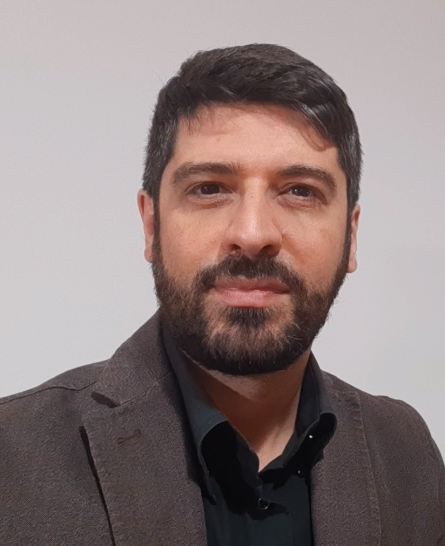 Nicola Palladino (Presentations Session 3 Speaker) Nicola Palladino (Presentations Session 3 Speaker)Nicola Palladino (PhD in Sociology, Social Analysis and Public Policy) is Research Fellow at the Trinity College Dublin’s Long Room Hub Arts and Humanities Research Institute, where is carrying out the research project “Hybrid Governance for Trustworthy and Human-Centric Artificial Intelligence: From Principles to Practices” funded from the European Union’s Horizon 2020 Research and Innovation Programme under the HUMAN+ COFUND Marie Skłodowska-Curie. He studied and worked at the University of Salerno and served as postdoctoral researcher at the School of Law and Government of the Dublin City University. He is also a member of the Digital Constitutionalism Network supported by the Center of Advanced Internet Studies in Bochum, Germany. His main research interests include Global Internet Governance, Digital Policies, AI Ethics and Regulation. He recently published the volume “Legitimacy, Power, and Inequalities in the Multistakeholder Internet Governance: Analyzing IANA Transition” for the Palgrave Information Technology and Global Governance book series. Read more |
 Stavros K. Parlalis (Children Roundtable Speaker) Stavros K. Parlalis (Children Roundtable Speaker)Dr Parlalis K. Stavros currently works as Assistant Professor in Social Work at Frederick University. His main research interests focus on the study of organisational changes, de-institutionalisation of persons with disabilities and issues concern vulnerable groups of people (e.g. persons with disabilities, immigrants, unaccompanied minors). Read more |
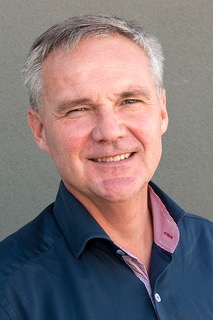 Friso Roscam Abbing (Children Roundtable Speaker) Friso Roscam Abbing (Children Roundtable Speaker)Friso Roscam Abbing is the senior Adviser on Strategic Communication of the EU Agency for Fundamental Rights where he previously headed the Fundamental Rights Promotion Department. He is curator of the Fundamental Rights Forum 2023, the space for dialogue on human rights challenges facing the EU today. He was previously a spokesperson on freedom, security and justice at the European Commission, Cabinet member, and headed the Sector in the Commission dealing with asylum and refugee policy. Before that, he led the EU Office of the European Council on Refugees and Exiles, a European network of 100+ NGOs in 40 European countries protecting and advancing the rights of refugees, asylum seekers and displaced people. He holds a bachelor’s degree in public law and a master’s degree in public administration at the University of Amsterdam. Read more |
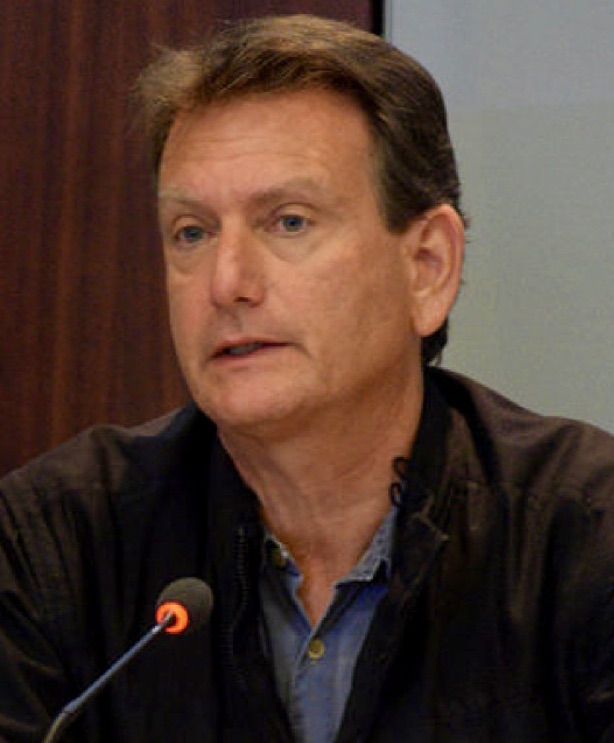 Marc Rotenberg (Keynote Session Speaker) Marc Rotenberg (Keynote Session Speaker)Marc Rotenberg is President and Founder of the Center for AI and Digital Policy. He is a leading expert in data protection, open government, and AI policy. He has served on many international advisory panels, including the OECD AI Group of Experts. Marc helped draft the Universal Guidelines for AI, a widely endorsed human rights framework for the regulation of Artificial Intelligence. Marc is the author of several textbooks including the 2020 AI Policy Sourcebook and Privacy and Society (West Academic 2016). He teaches privacy law and the GDPR at Georgetown Law. Marc has spoken frequently before the US Congress, the European Parliament, the OECD, UNESCO, judicial conferences, and international organizations. Marc has directed international comparative law studies on Privacy and Human Rights, Cryptography and Liberty, and Artificial Intelligence and Democratic Values. Marc is a graduate of Harvard College, Stanford Law School, and Georgetown Law. Read more |
 Mauro Santaniello (Presentations Session 4 Speaker) Mauro Santaniello (Presentations Session 4 Speaker)Mauro Santaniello is a political scientist based at the Department of Political and Social Studies of the University of Salerno, Italy, where he teaches “Internet Governance” and “Digital Policy”. He is a co-founder and deputy director of the Internet and Communication Policy Centre, and he is a member of two research teams conducting research projects funded by the Italian government, on “Monocratic Government” and “Cybersecurity as a public policy”, respectively. He is also a member of several international research networks, including the Global Internet Governance Academic Network (GigaNet), the Global Internet Governance Actors, Regulations, Transactions and Strategies (GIG-ARTS), the Digital Constitutionalism Network (DCN), and a couple of informal networks on digital sovereignty. Mauro Santaniello has extensively published on Internet governance, media policy, cybersecurity and political communication. His latest publications include “From Governance Denial to State Regulation: A Controversy-Based Typology of Internet Governance Models.” In Haggart B., Tusikov N., Scholte J.A. (eds.) Power and Authority in Internet Governance. Return of the State? (Routledge 2021), and Legitimacy, Power, and Inequalities in the Multistakeholder Internet Governance. Analyzing IANA Transition (Palgrave Macmillan 2021). Read more |
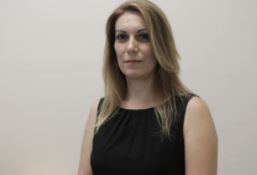 Katharine Sarikakis (GIG-ARTS 2022 Co-Chair and Children Roundtable Chair) Katharine Sarikakis (GIG-ARTS 2022 Co-Chair and Children Roundtable Chair)Katharine Sarikakis is Professor of Communication Science with specialisation in Media Governance, Media Organisation and Media Industries at the Department of Communication at the University of Vienna. Katharine is the Director of the Jean Monnet Centre of Excellence Communication, Facts and regulation for Europe (FREuDe). Her research interests focus on transformation, process of decision-making and power relations in media governance. Katharine’s research informed and social connected teaching work was awarded with the European Award for Excellence in Teaching in the Humanities and Social Sciences, as well as the University of Vienna Teaching Award (in 2018) and was a nominee for the Austrian State Award in Excellence in Teaching in 2019. Read more |
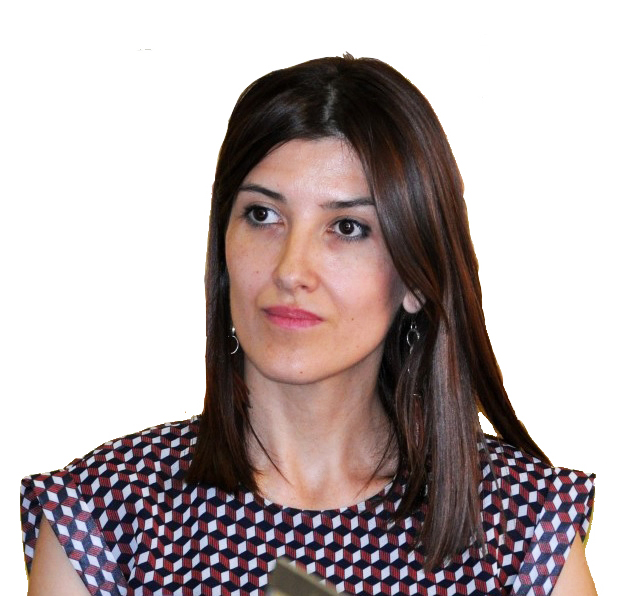 Jelena Simić (Presentations Session 1 Chair) Jelena Simić (Presentations Session 1 Chair)Jelena Simić is Associate Professor at the Union University School of Law in Belgrade, Serbia. She teaches the following courses: Fundamental Civil and Commercial Law, Property Law and Medical Law, as well as Master’s course: Health and Human Rights. Since 2014 she has been the Head of the Legal Clinic for Medical Law at the Union University School of Law in Belgrade. She has participated as a legal expert in the implementation of dozens of projects in the field of human rights protection. Extensive research experience resulted in a number of scientific articles in the field of medical law and human rights, as well as in participation in numerous national and international scientific and conferences. She is the author of the monograph Physician Error – Civil Liability for Medical Malpractice. Read more |
 Mart Susi (GDHRNet Special Session Speaker) Mart Susi (GDHRNet Special Session Speaker)Mart Susi has a MA degree in Sociology from University of Wisconsin-Madison (USA) and doctor iuris degree from University of Tartu (Estonia). He has held senior positions in several academic institutions. Currently he is heading the law program at Tallinn University and has the position of Professor of Human Rights Law. Professor Susi has initiated and is leading several research and development projects funded by the European Commission and the Nordic Council of Ministers. He is the Chair of Global Digital Human Rights Network, established through the European Cooperation in Science and Technology programme. He has edited and is currently editing several research books on the topics of new human rights, the digital dimension of human rights and the controversy around the meaning of human rights. He is developing the Internet Balancing Formula and has lectured on the topic at various universities in Europe and South America. Read more |
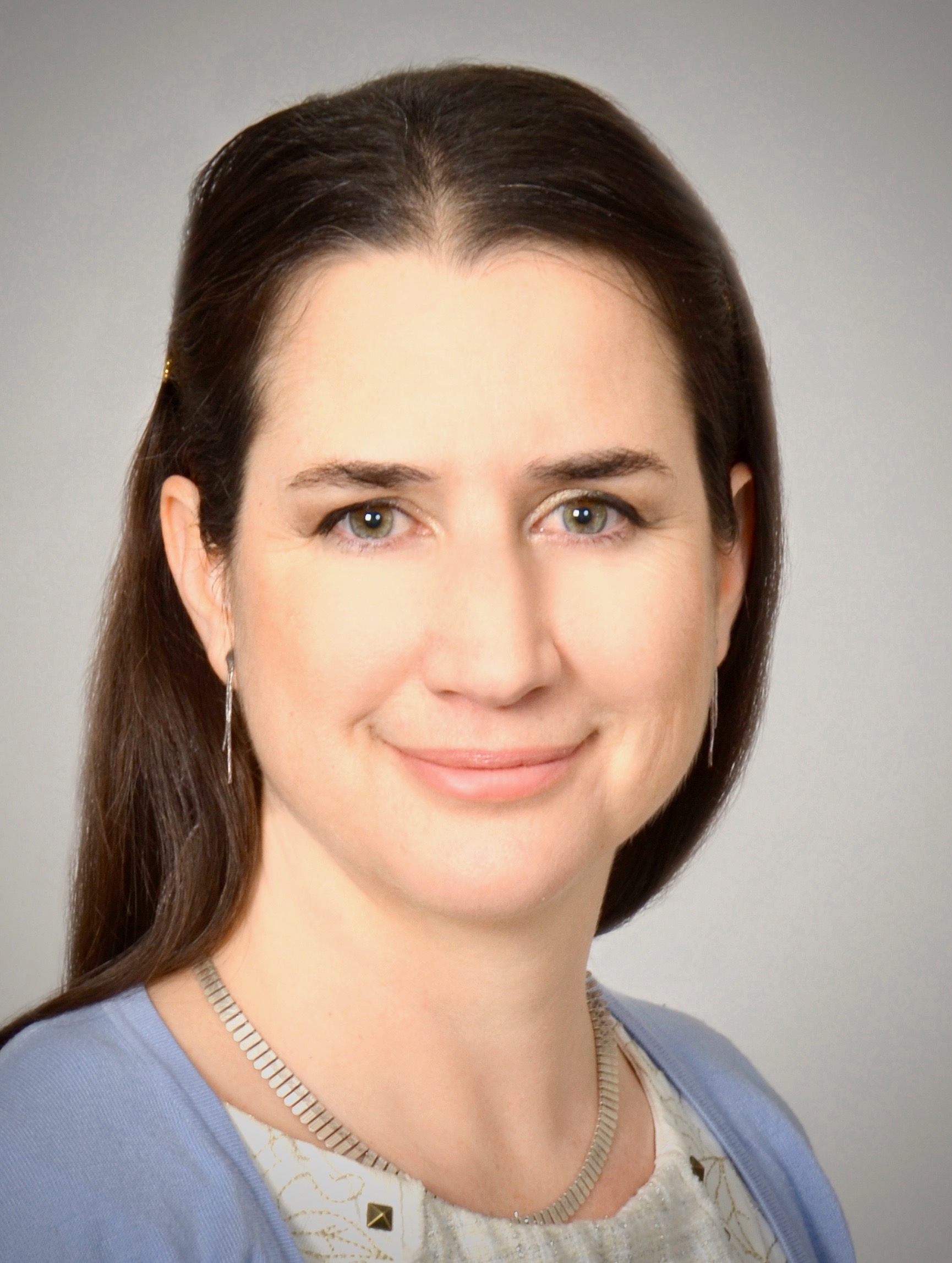 Evelyne Tauchnitz (Presentations Session 3 Speaker) Evelyne Tauchnitz (Presentations Session 3 Speaker)Dr. Evelyne Tauchnitz’s expertise focuses on global governance strategies to safeguard peace and human wellbeing in the digital age. She is employed as a Senior Researcher Fellow at the Lucerne Graduate School in Ethics (LGSE), University of Lucerne, where she is writing about the impact of the digital transformation on peace & war from an ethical and human rights point of view. Evelyne is also a Research Associate at the Centre for Technology and Global Affairs (CTGA), University of Oxford. She holds a PhD in International Relations with a specialization in Political Science from the Graduate Institute of International and Development Studies (IHEID) in Geneva and was a Visiting Fellow (Post-Doc) at the Department of Political and Social Sciences (SPS), European University Institute (EUI) in Florence, Italy. Since November 2020, Dr. Evelyne Tauchnitz is a Member of the Multistakeholder Advisory Group (MAG) of the United Nations Internet Governance Forum (IGF) and a member of the Swiss Internet Governance Steering Group. She is also a special advisor and lecturer to the Oxford Initiative on Global Ethics and Human Rights. Read more |
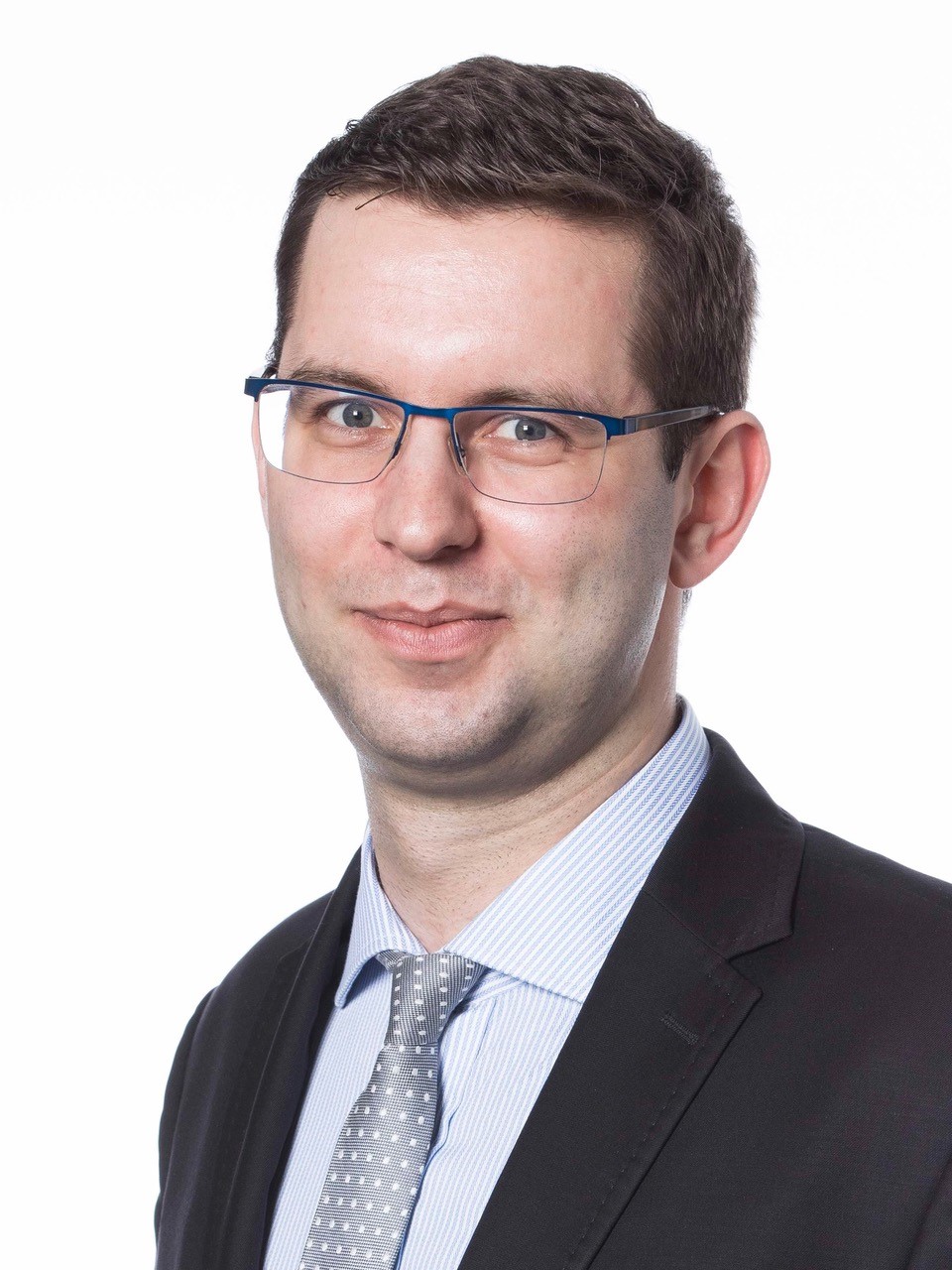 Kazimierz Ujazdowski (Migration Roundtable Speaker) Kazimierz Ujazdowski (Migration Roundtable Speaker)Kazimierz Ujazdowski is a Member of the Cabinet of the European Data Protection Supervisor, where he is responsible, among others, for the works of the EDPS in the field of supervision of EUIs, policies in the field of Justice and Home Affairs, membership in the European Data Protection Board and international cooperation. Prior to joining the EDPS, has was an attaché at the Permanent Representation of Poland to the European Union and an expert at the Ministry of Justice. He holds a master’s degree in Law from the University of Warsaw and an Executive Master of Public Administration degree from the London School of Economics and Political Science. Read more |
 Carl Vander Maelen (Presentations Session 4 Speaker) Carl Vander Maelen (Presentations Session 4 Speaker)Carl Vander Maelen is a PhD researcher at Ghent University (Belgium) – Faculty of Law & Criminology, research group Law & Technology. His research focuses on the use of GDPR codes of conduct (found in articles 40-41 GDPR) to regulate global actors and the extent to which such codes contribute to the fragmentation or harmonisation of data protection standards. He was awarded the ‘Young Scholar Award – 1st Prize’ during the 2018 Amsterdam Privacy Conference. Additionally, he received the award for ‘Best Postgraduate Article’ during the 2019 BILETA Conference. Prior to his current position, he took part in the 2017 Philip C. Jessup International Moot Court and he completed internships at the Brussels data protection law firm Time.Lex and the Embassy of Belgium in Washington D.C. Carl obtained his Master’s degree in Law from Ghent University in 2017. Read more |
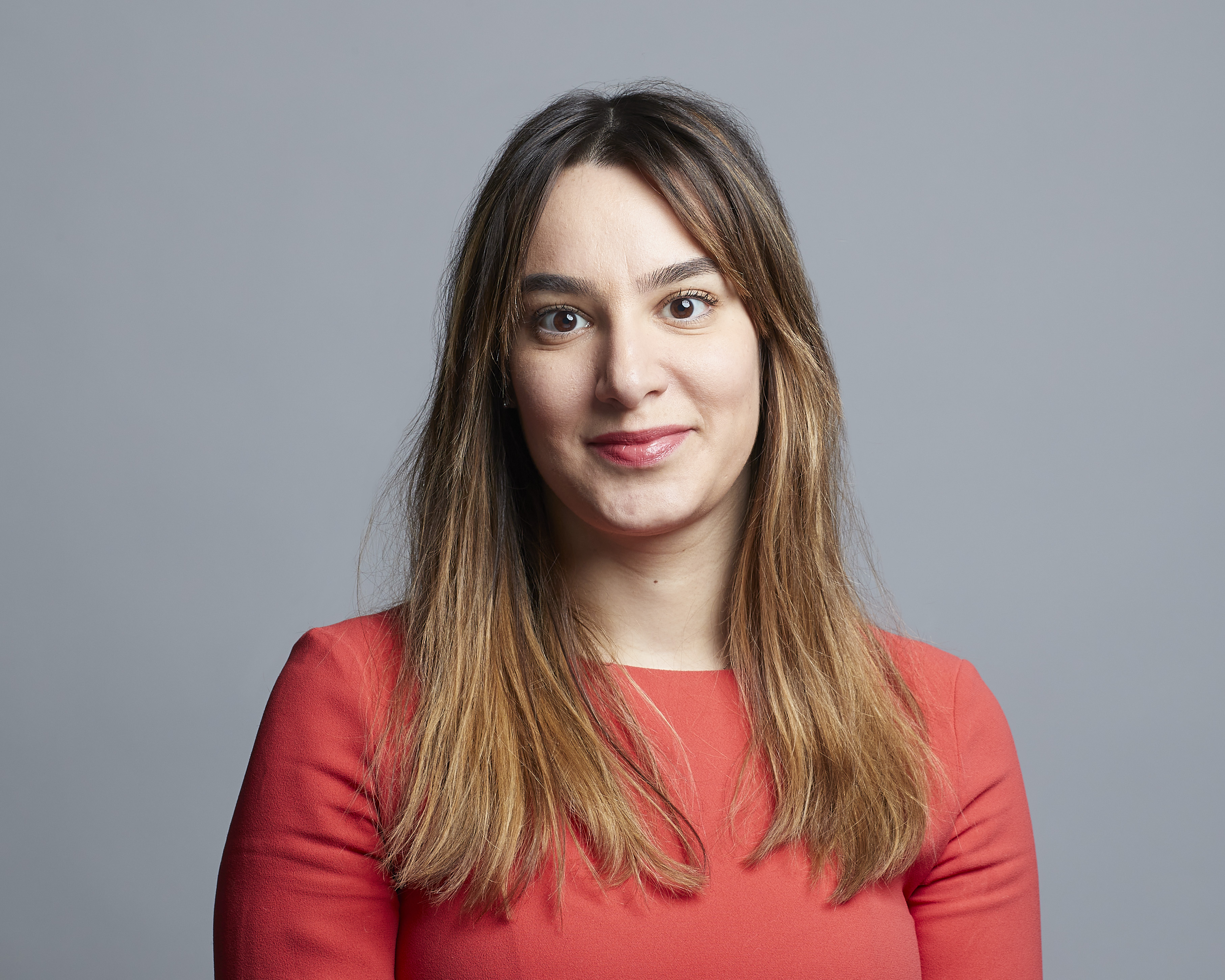 Niovi Vavoula (Migration Roundtable Speaker) Niovi Vavoula (Migration Roundtable Speaker)Dr Vavoula is Lecturer (Assistant Professor) in Migration and Security at Queen Mary University of London (School of Law). She was previously Post-Doctoral Research Assistant in at the same university and part-time teacher at the London School of Economics and Political Science (LSE). She has held visiting positions at ULB – Université Libre de Bruxelles (2014), George Washington University (2022, Society of Legal Scholars grantee) and European University Institute (2022). She publishes in the fields of EU immigration law, EU criminal law and privacy law. She is the author of the monograph Immigration and Privacy in the Law of the EU: The Case of Information Systems examines the compatibility of information systems set up for immigration control purposes with the right to respect for private life (Brill Nijhoff, 2022). Read more |
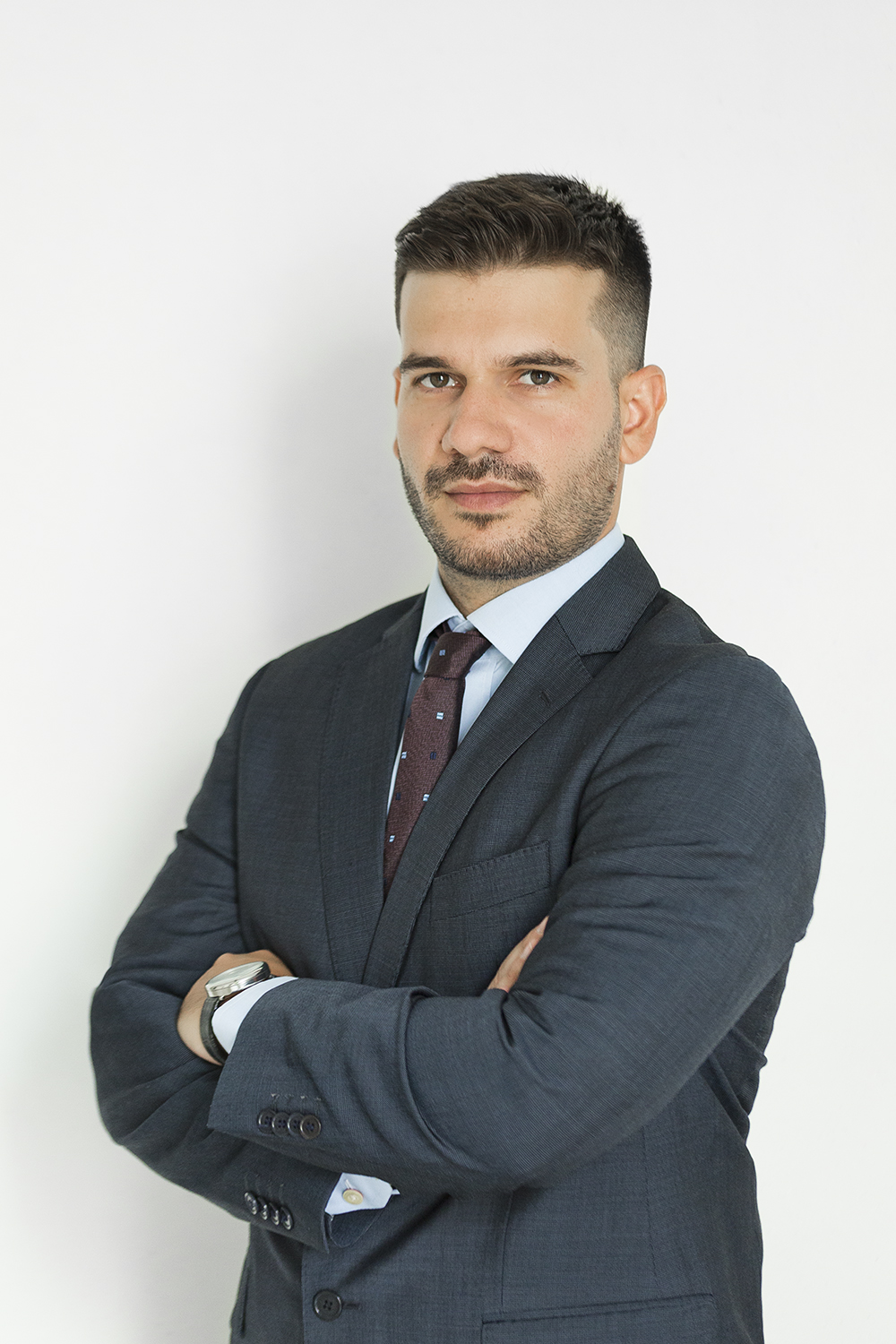 Stefanos Vitoratos (Pandemic Roundtable Speaker) Stefanos Vitoratos (Pandemic Roundtable Speaker)Stefanos Vitoratos is a Lawyer, member of the Athens Bar Association. He is a graduate of the University of Athens Law School and holds two postgraduate degrees from City, University of London and Panteion University. Stefanos specializes in Personal Data Protection and Cyber Security, having vast experience in technological regulatory compliance. He is a Partner at Digital Law Experts (DLE), a boutique law firm with absolute expertise in law and new technologies and he is also a co-founder of Homo Digitalis, the first NGO for the protection of digital rights in Greece. Among other professional associations, he is a member of the International Association of Privacy Professionals (IAPP) and he is CIPP/E & CIPM certified. Stefanos has led many compliance projects, while at the same time he has contributed to the transposition of NIS Directive into national legislation. During the past he has worked as a consultant for various law firms in Greece, but also for the Permanent Representation of Greece to NATO. He speaks regularly at scientific and professional conferences about his areas of expertise and has delivered several seminars and lectures. Read more |
